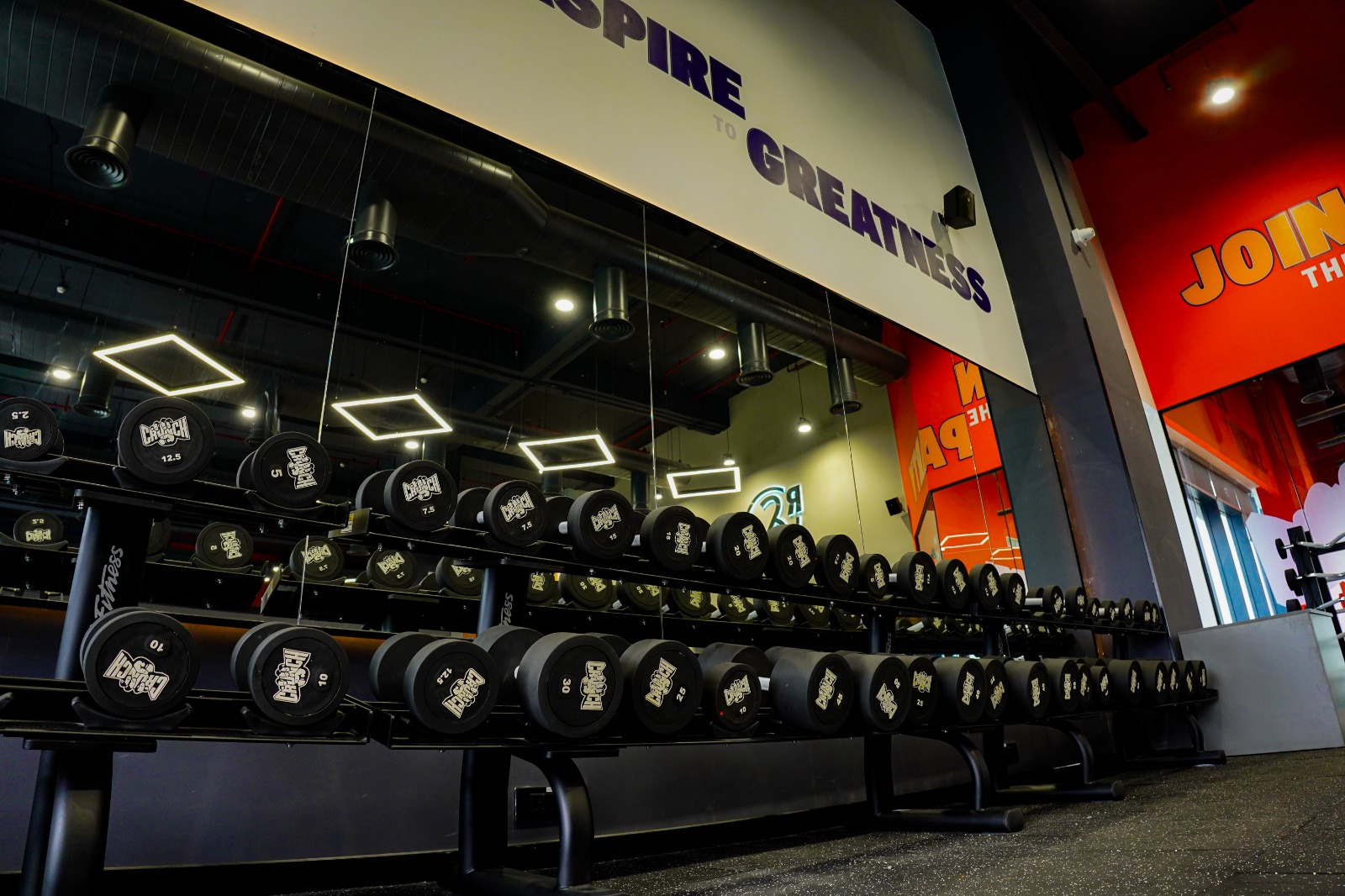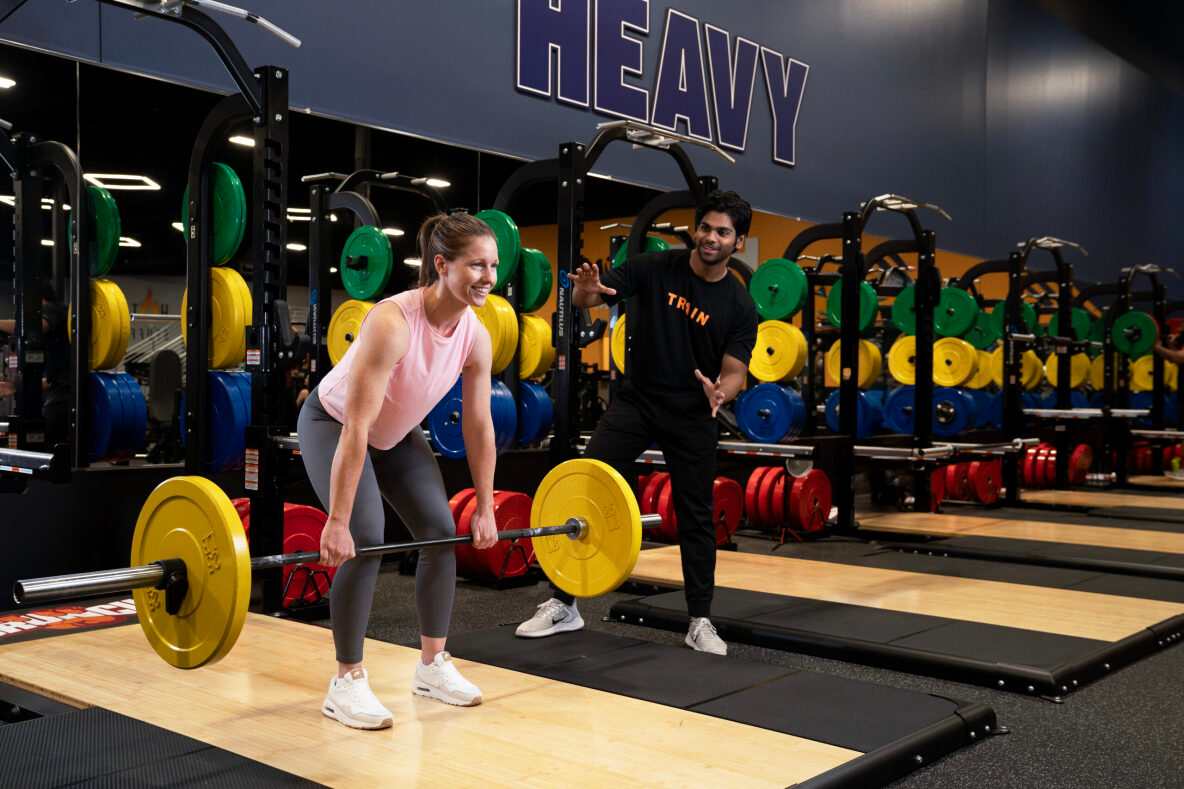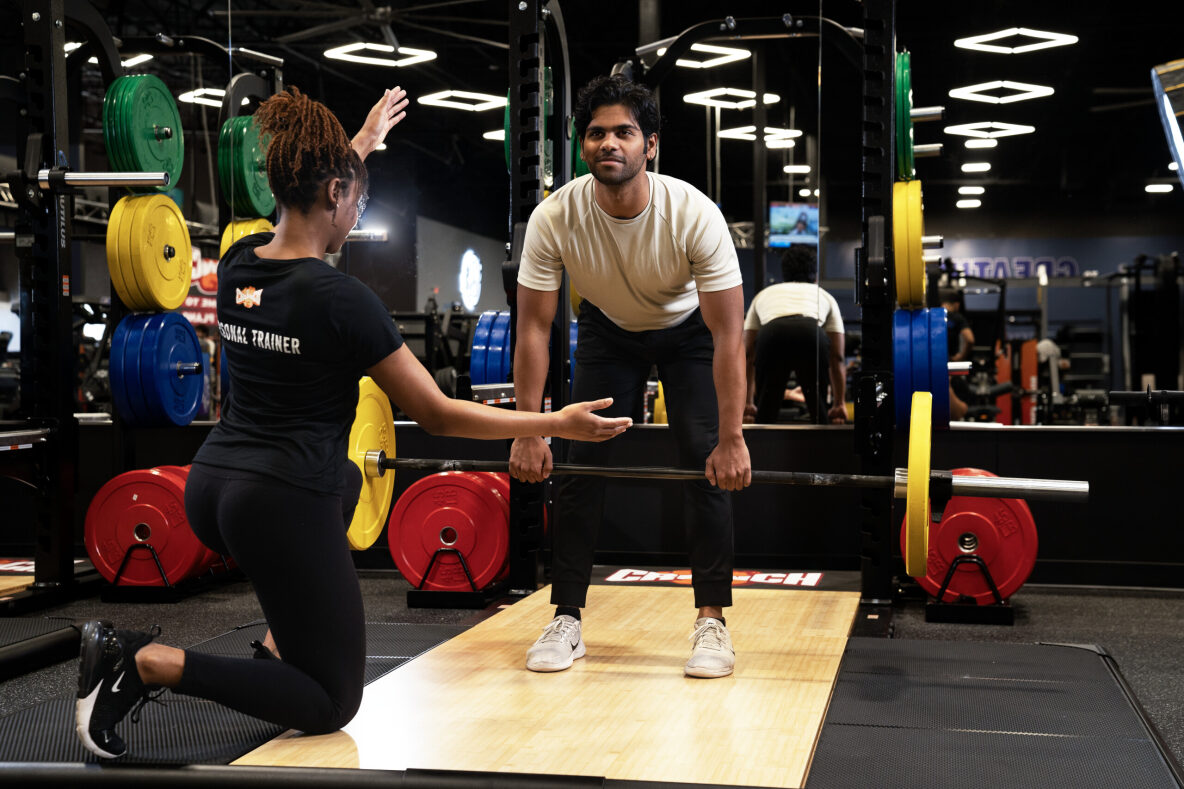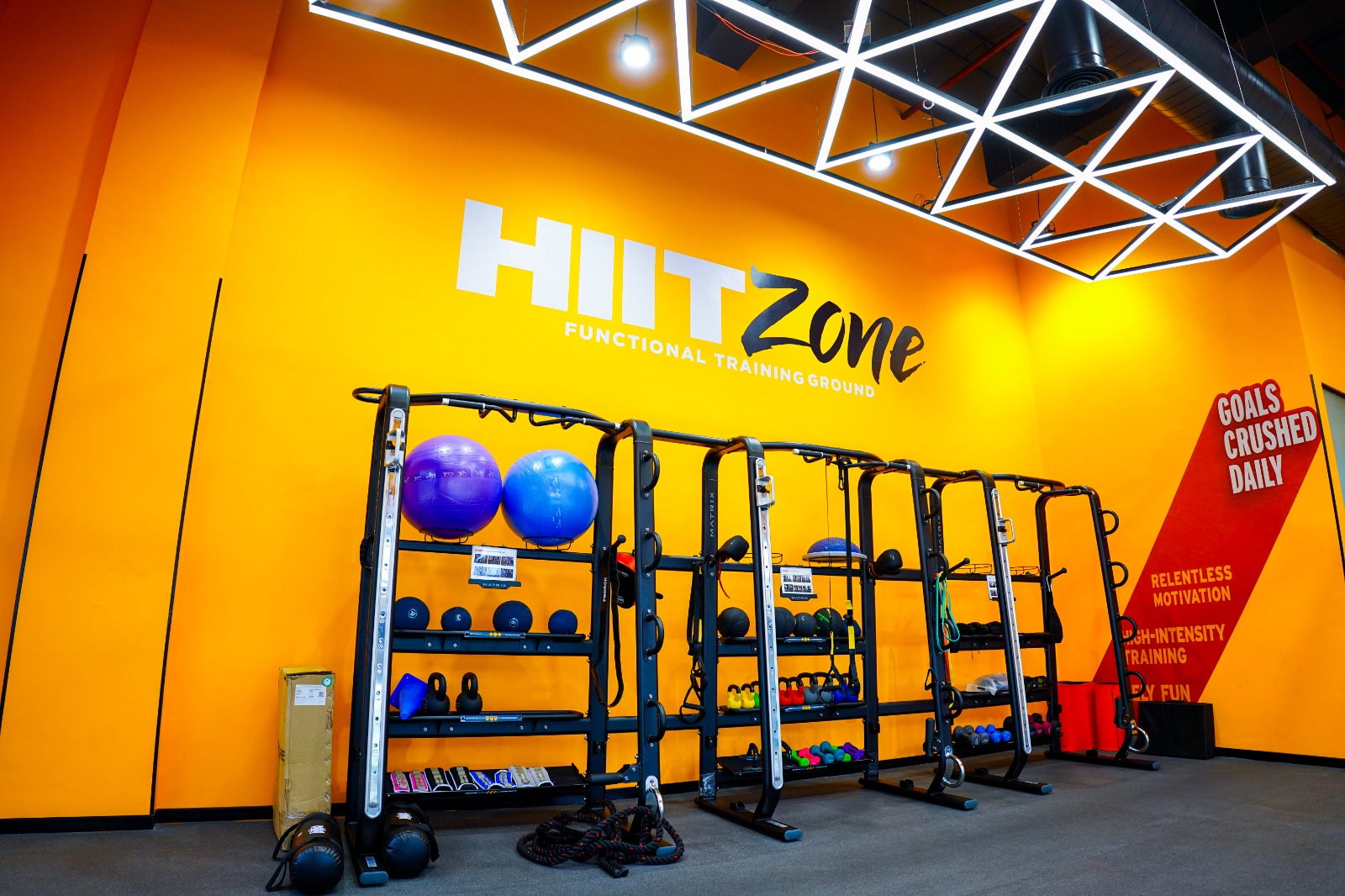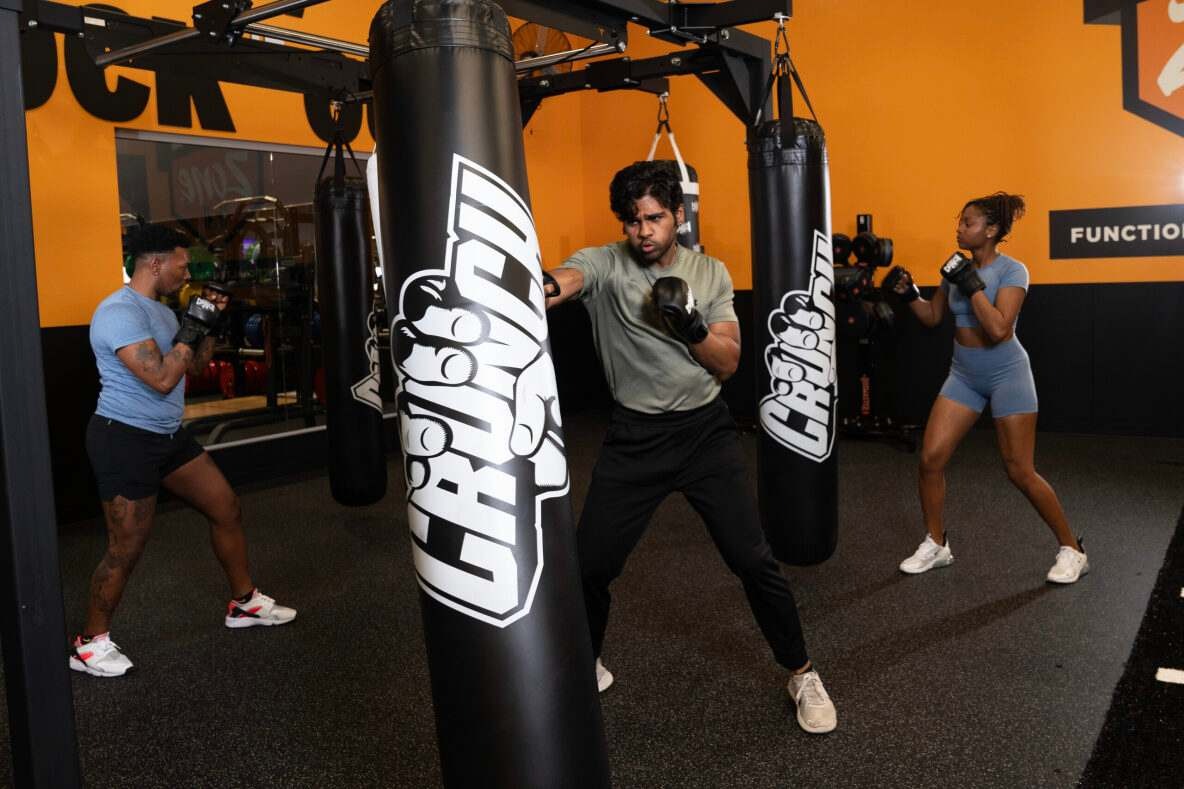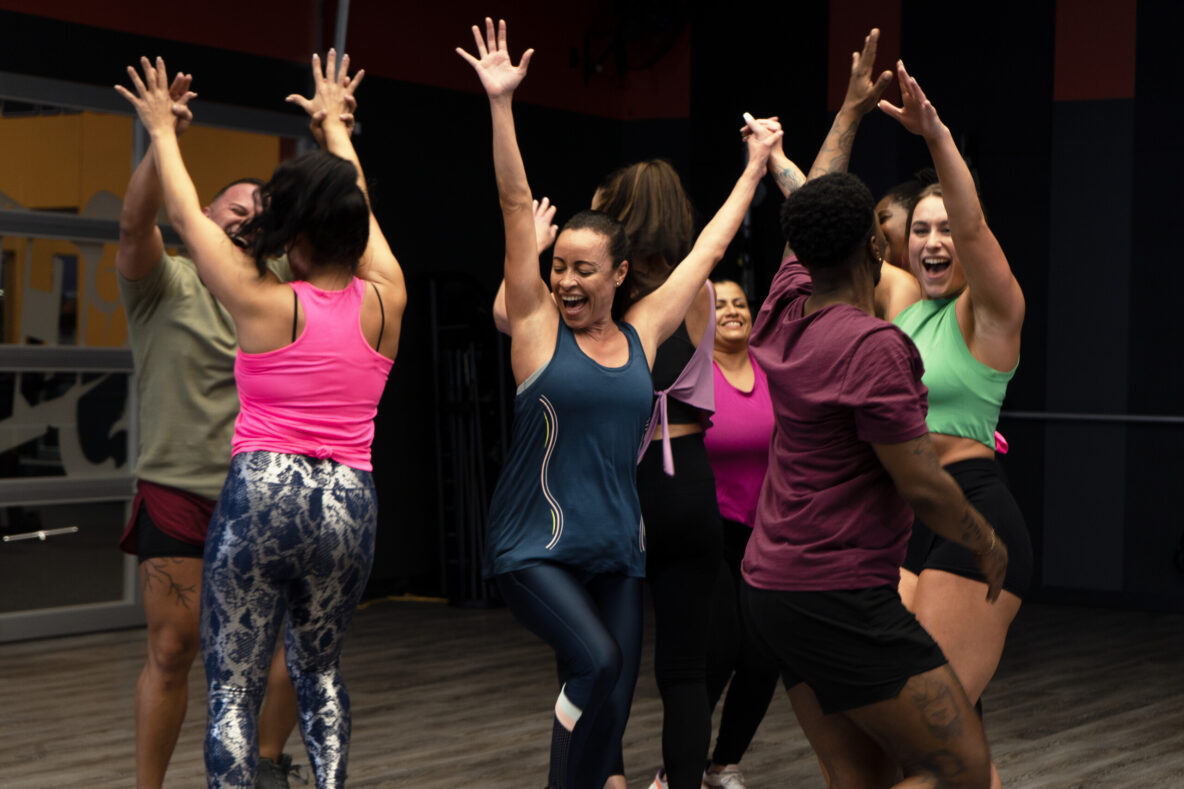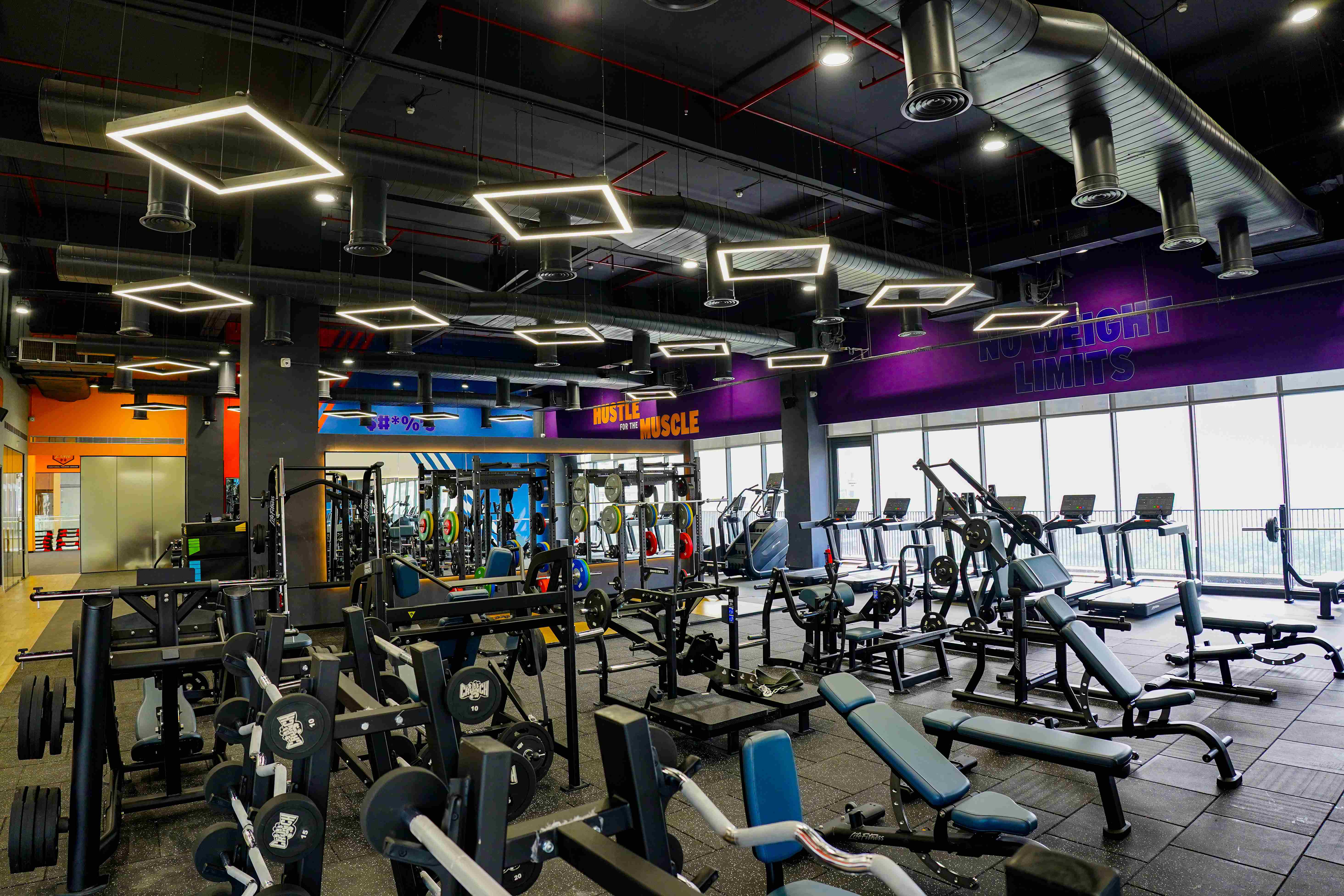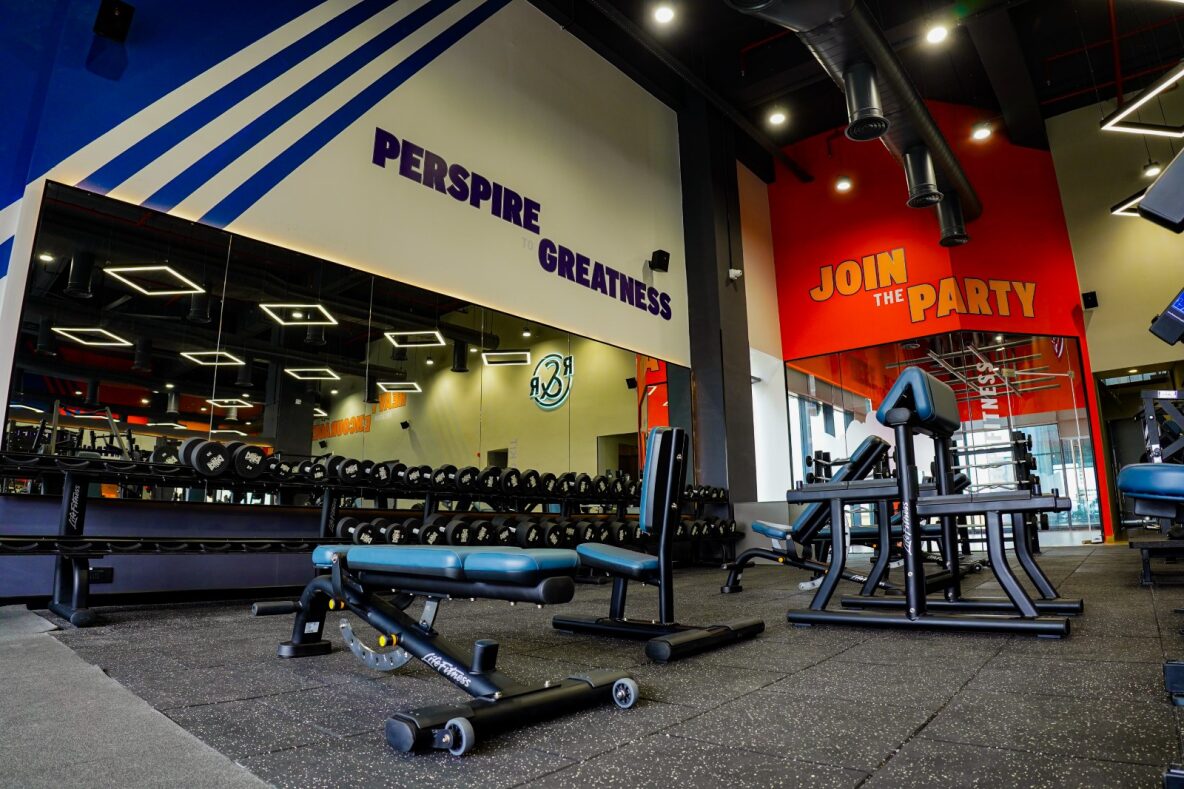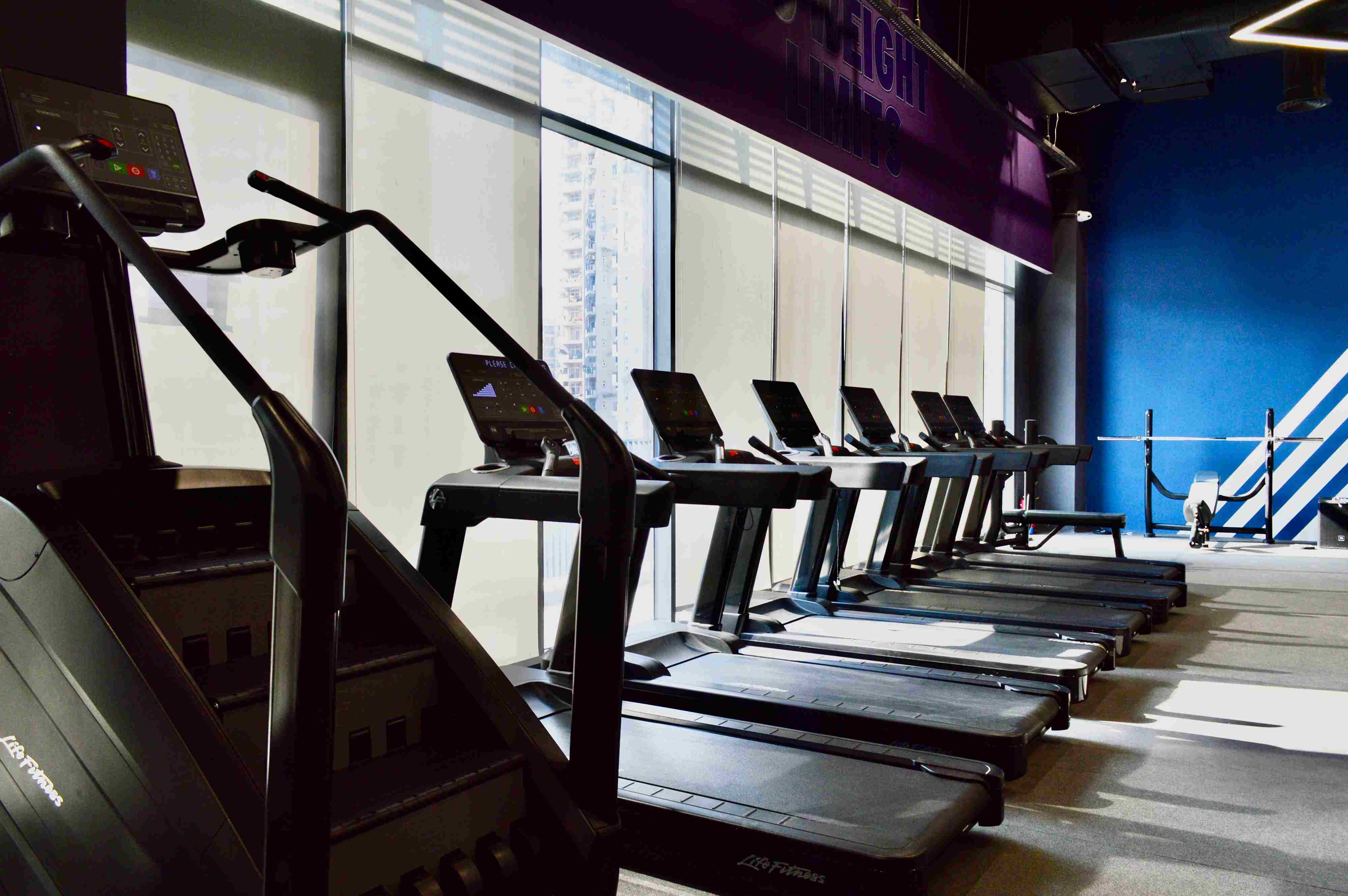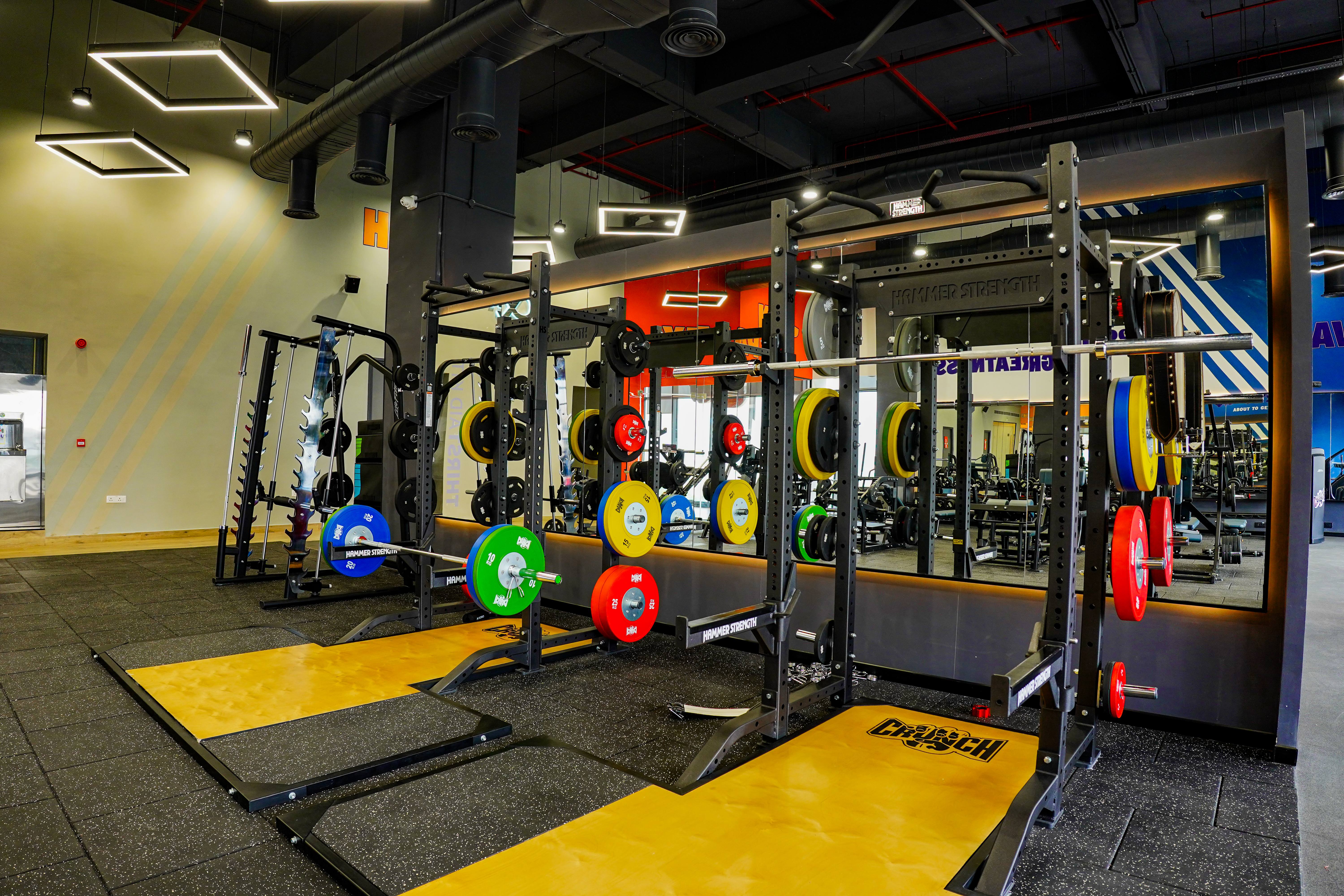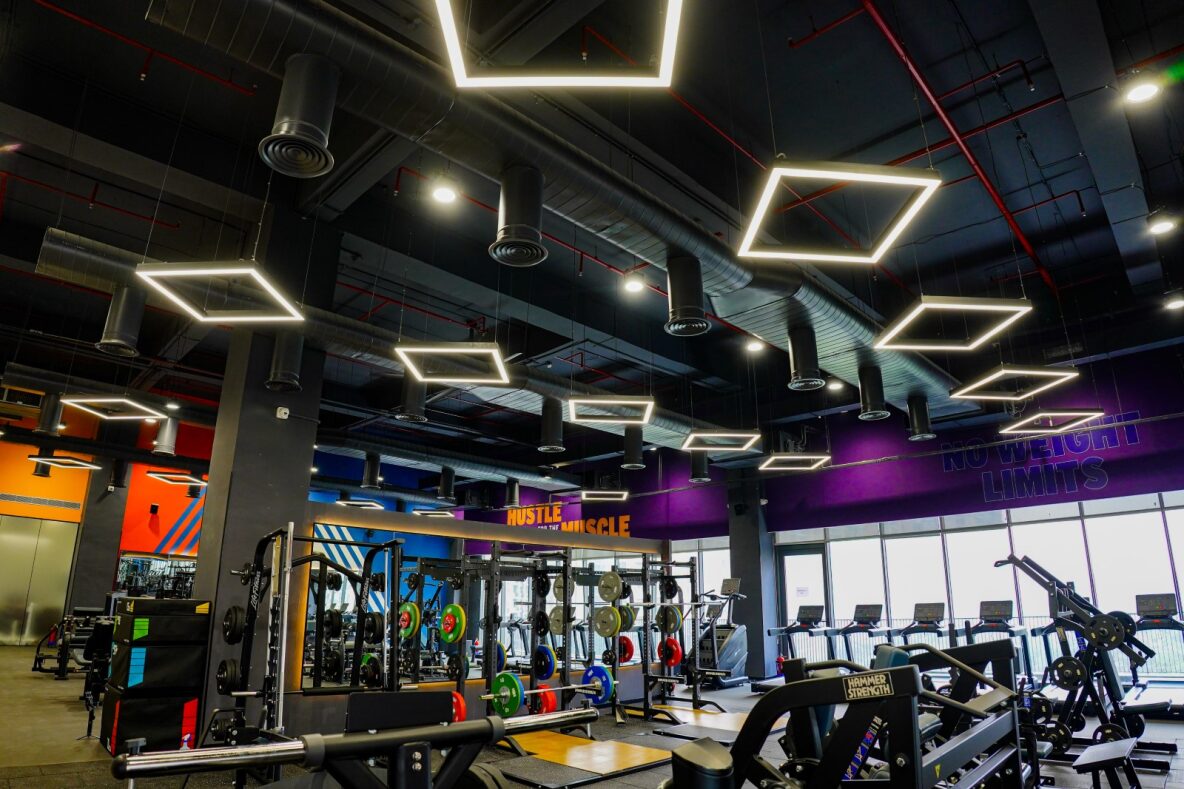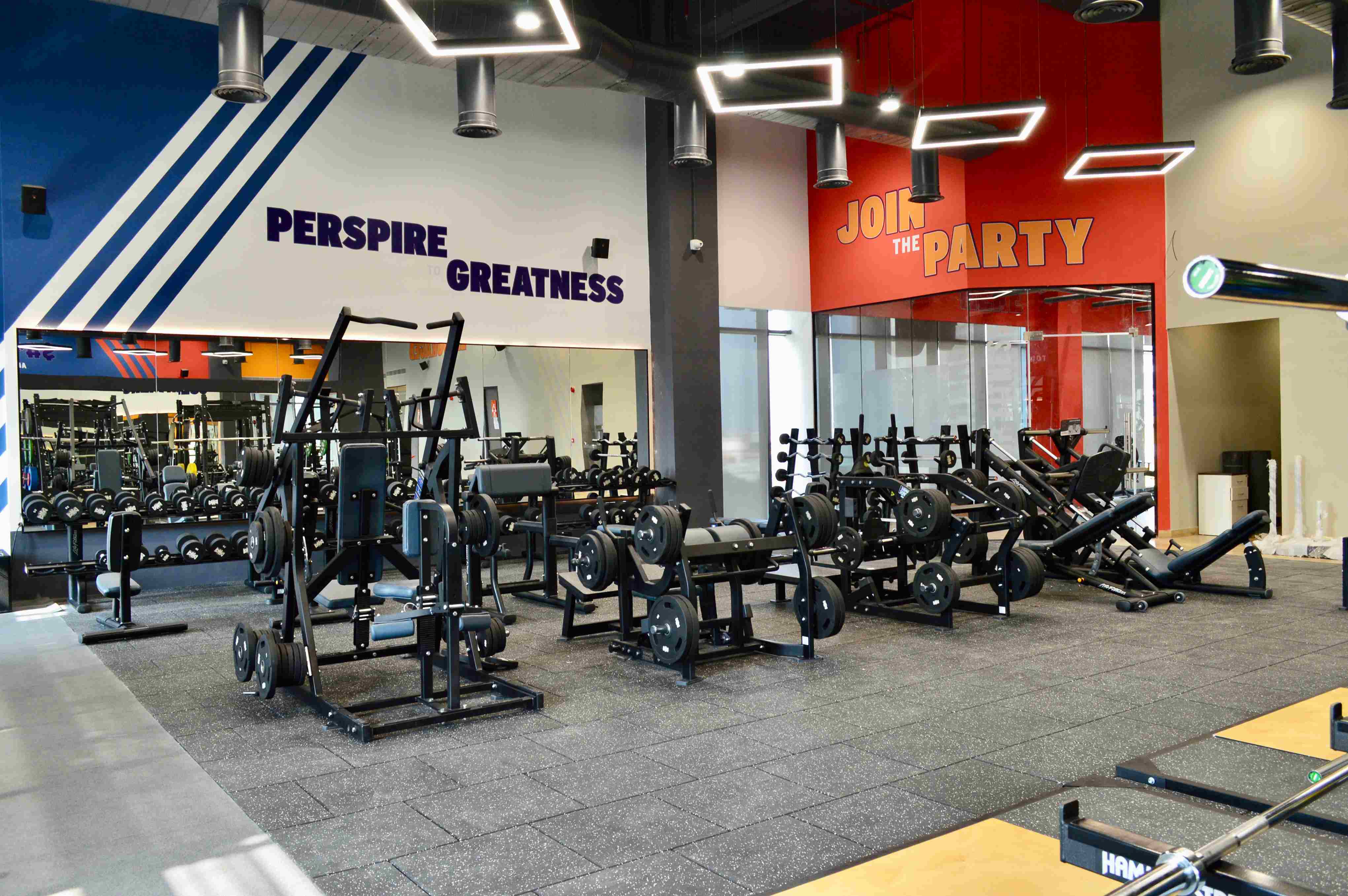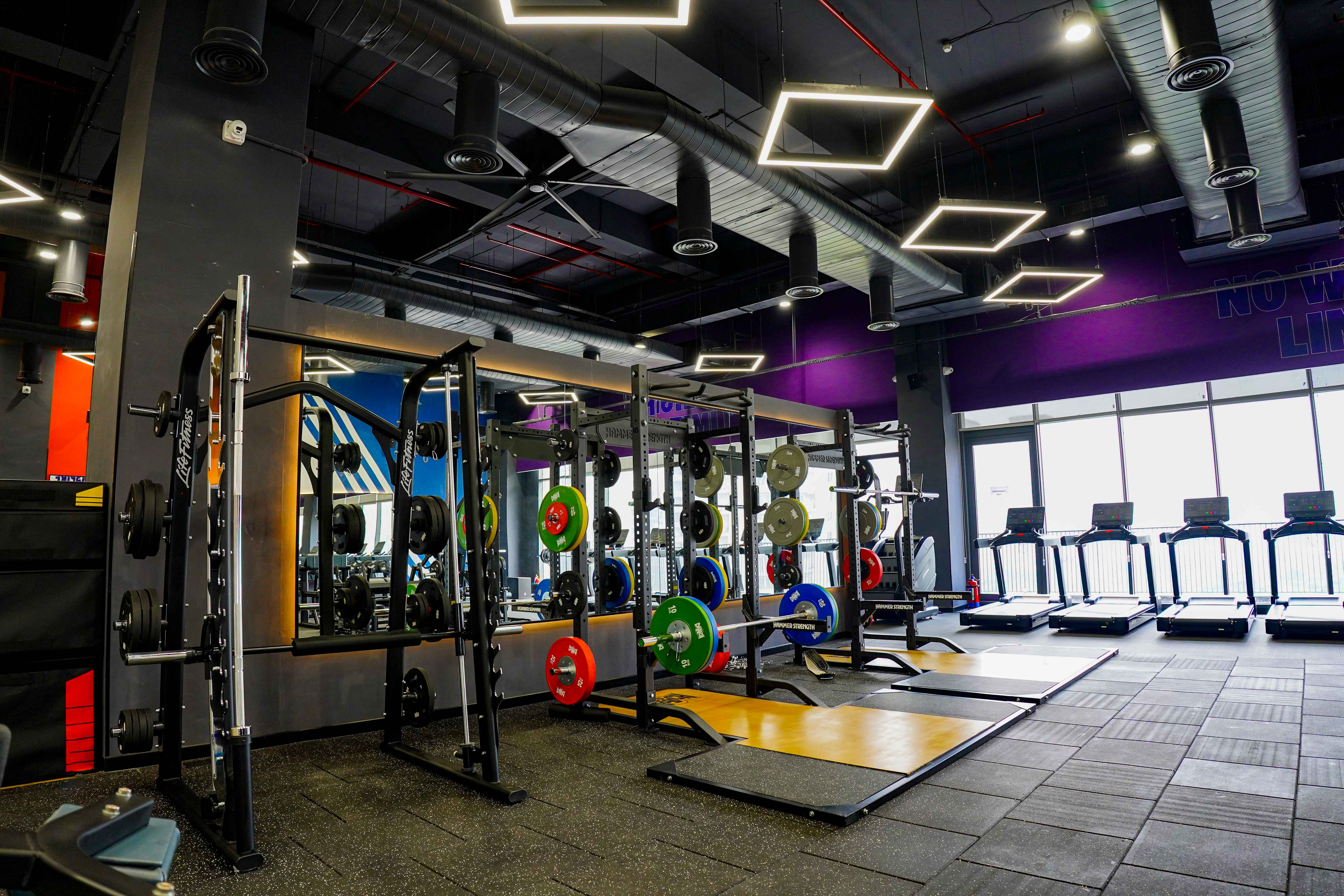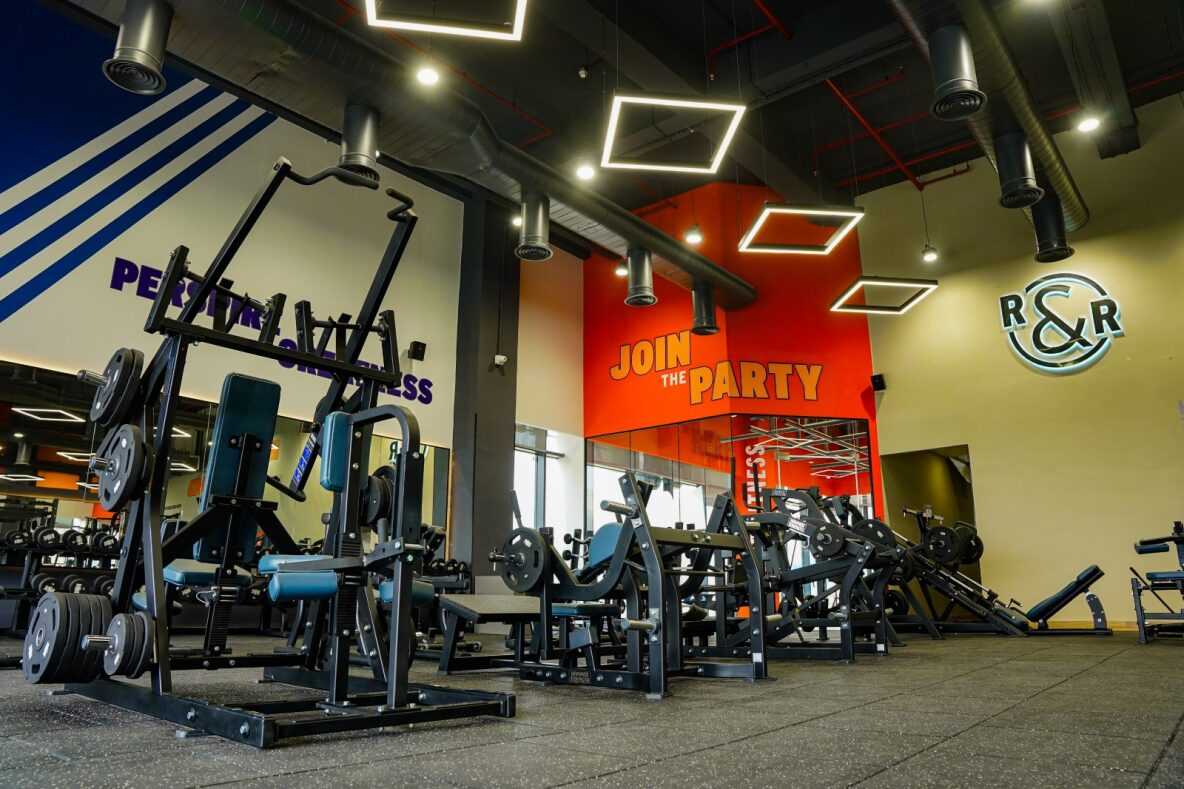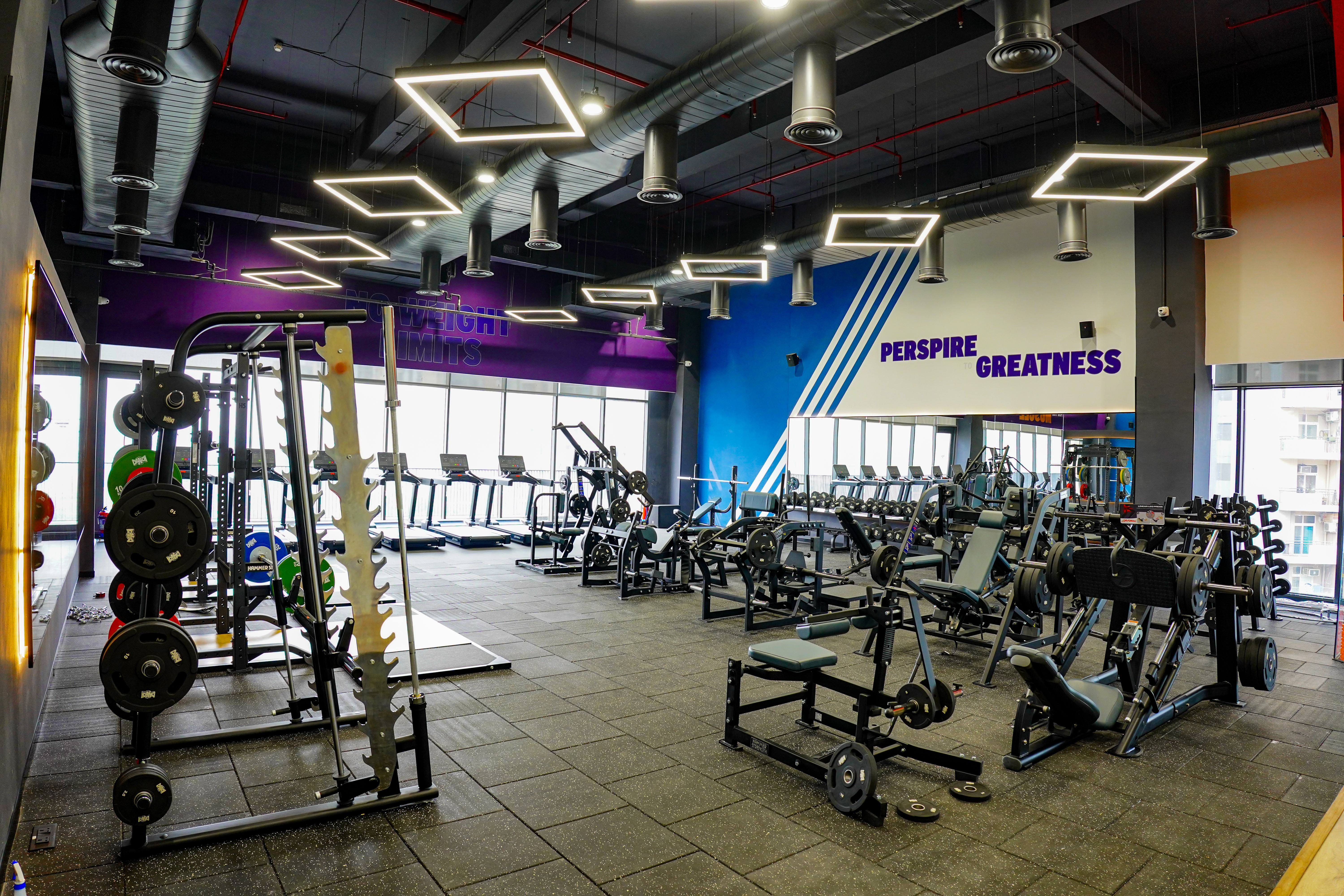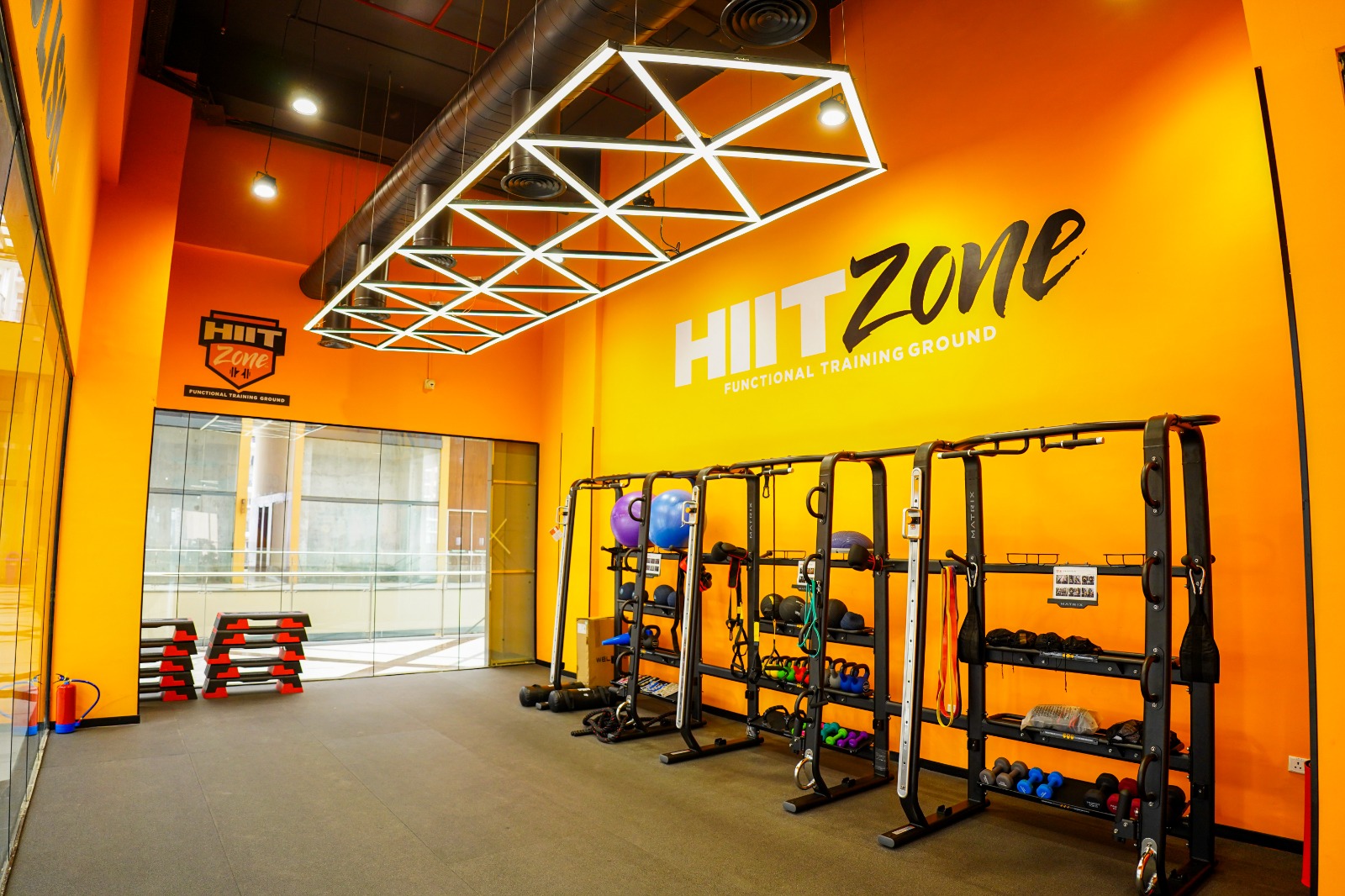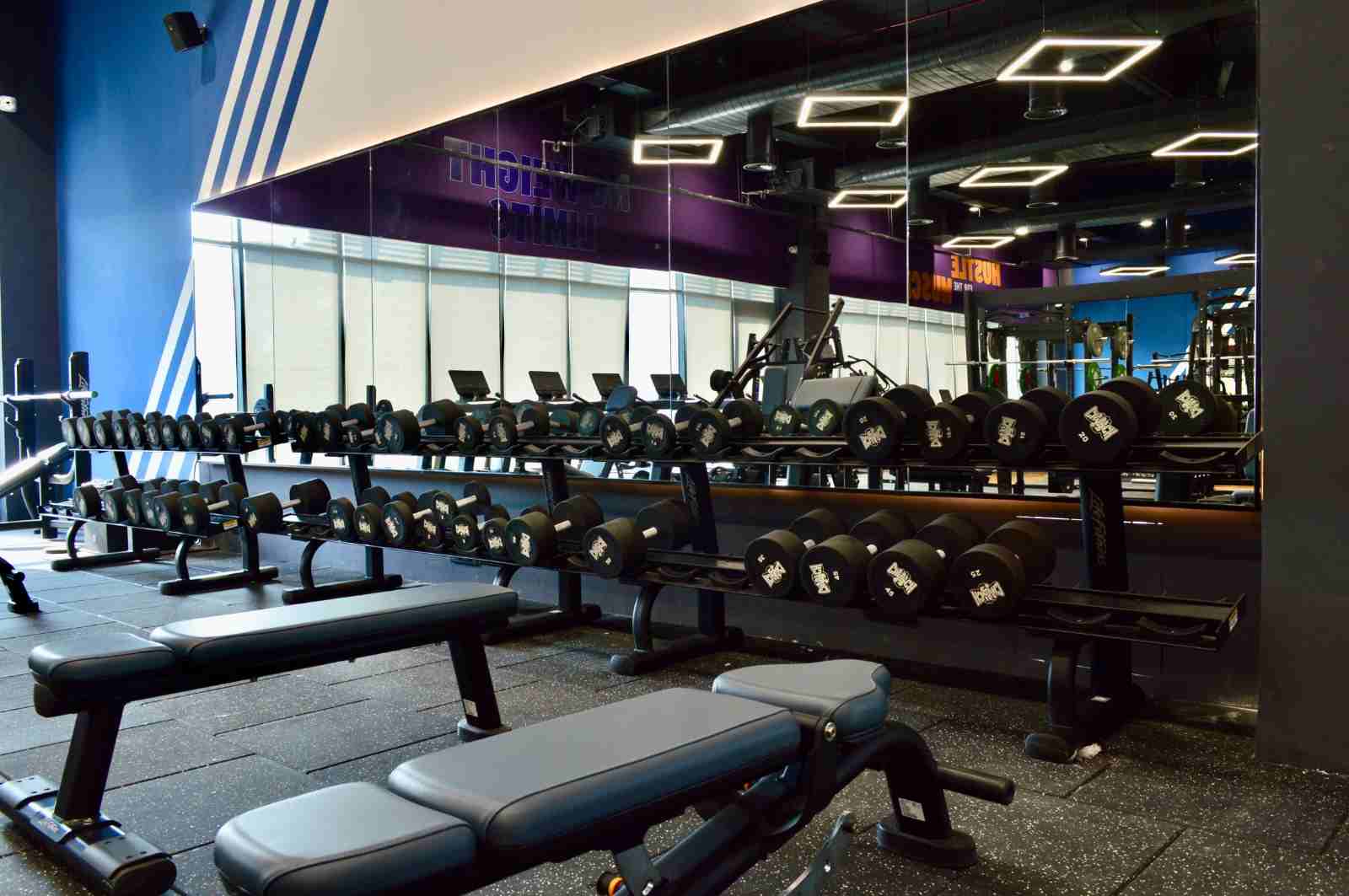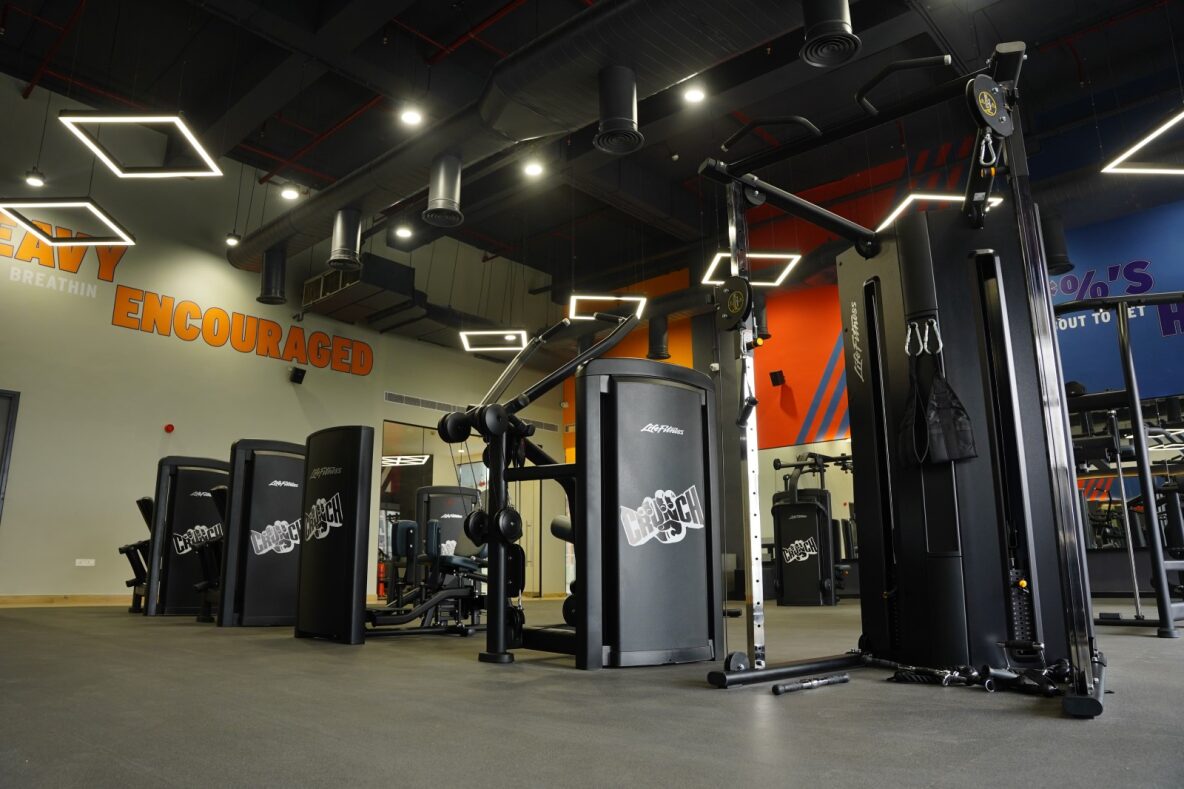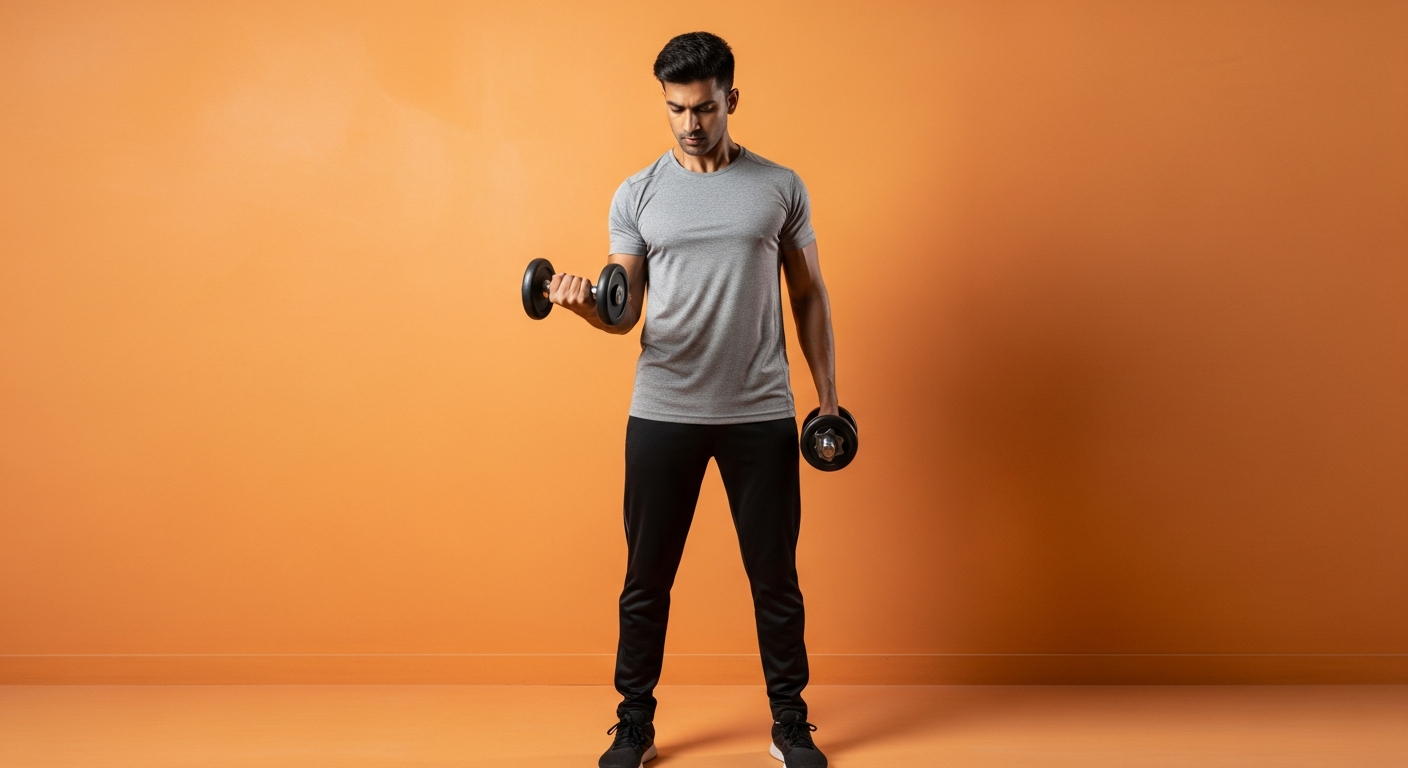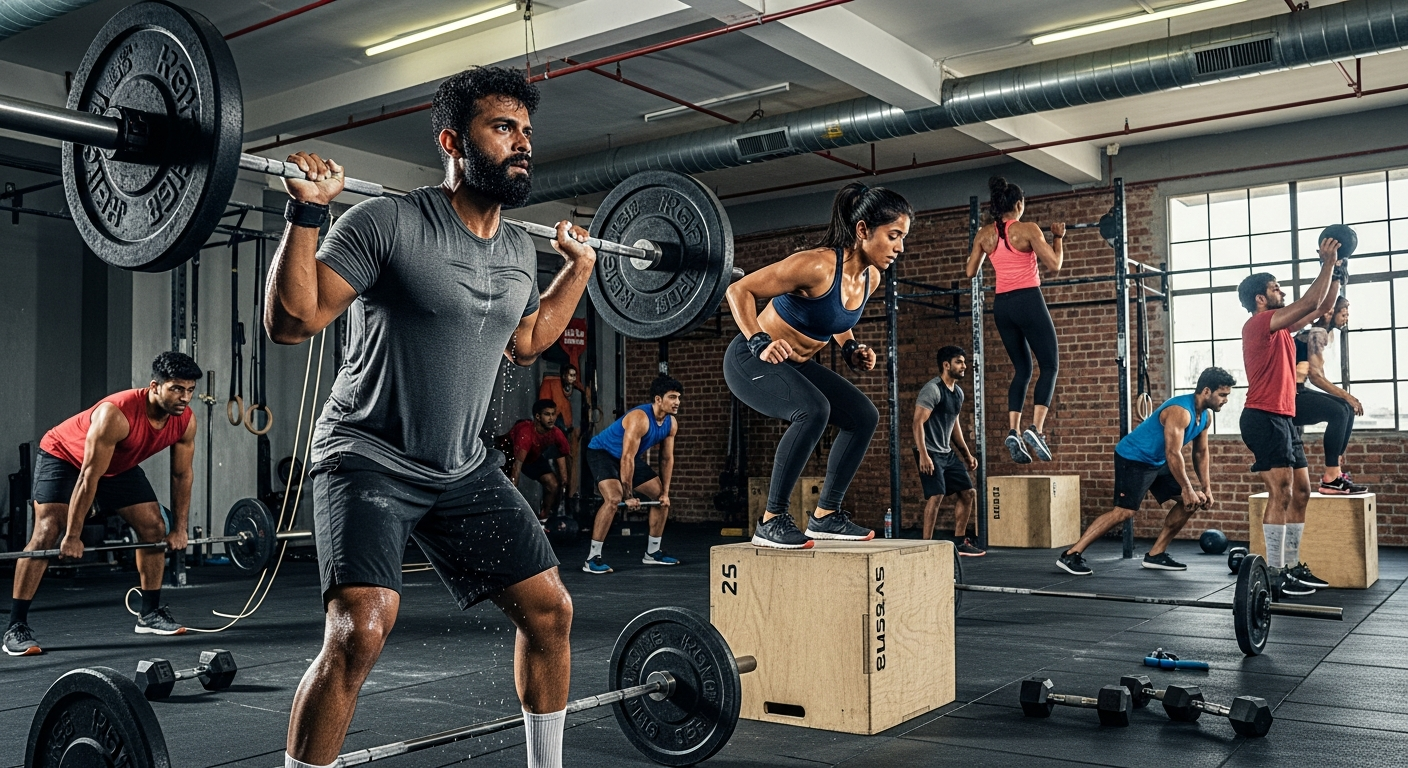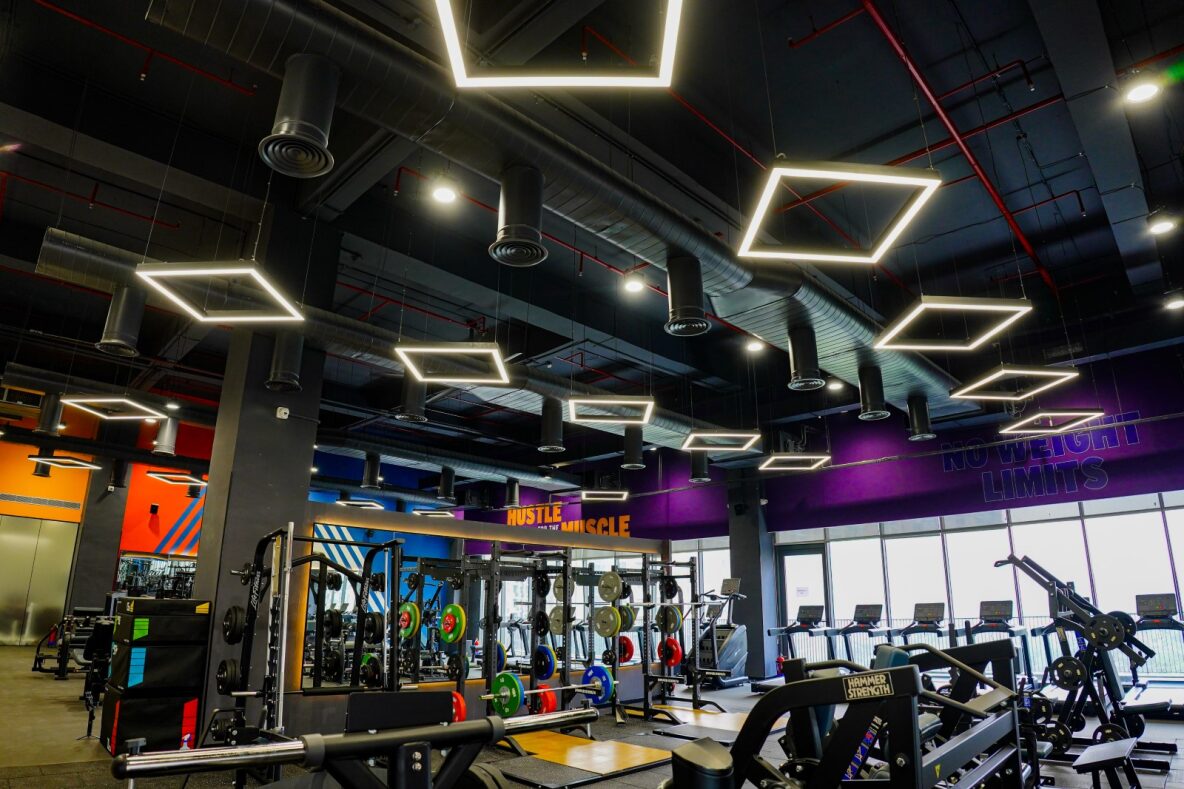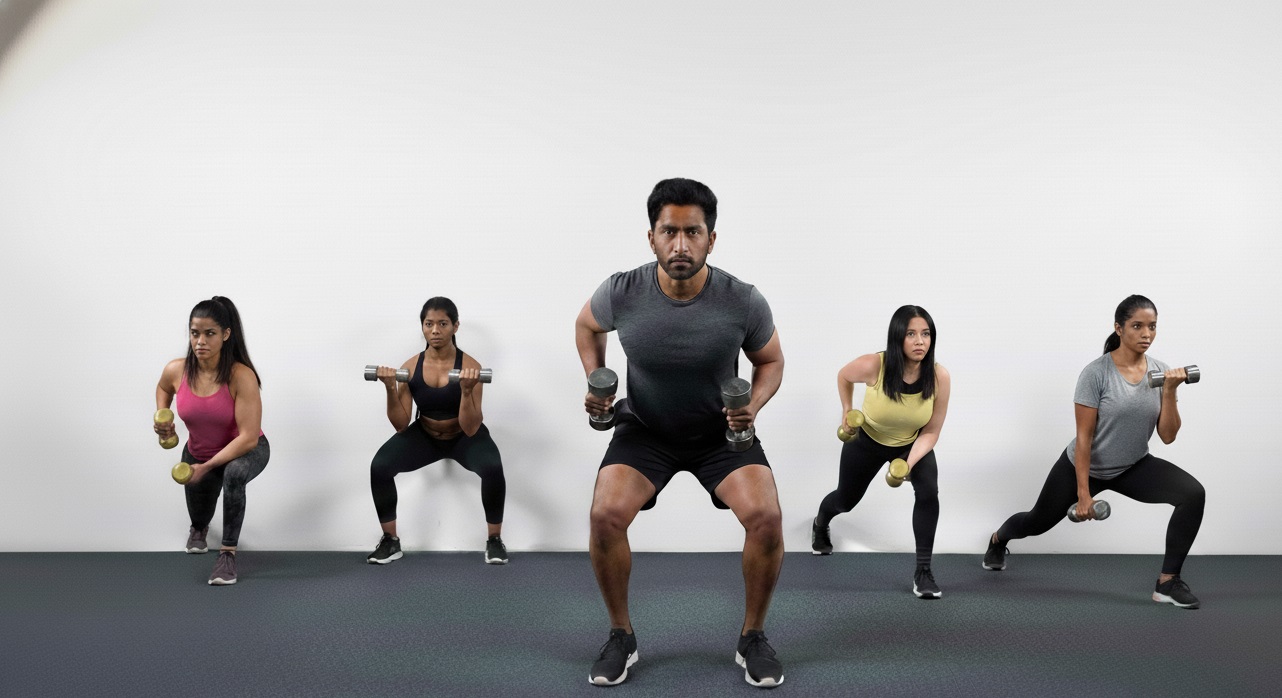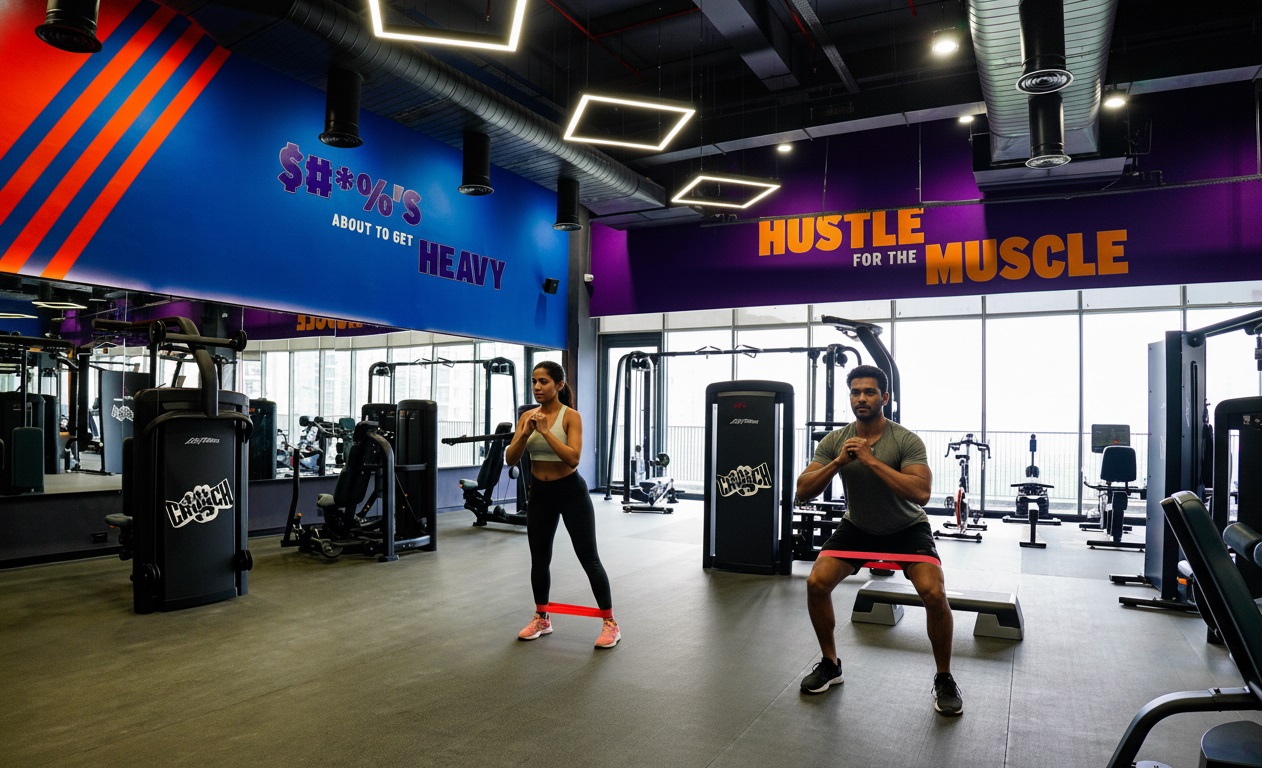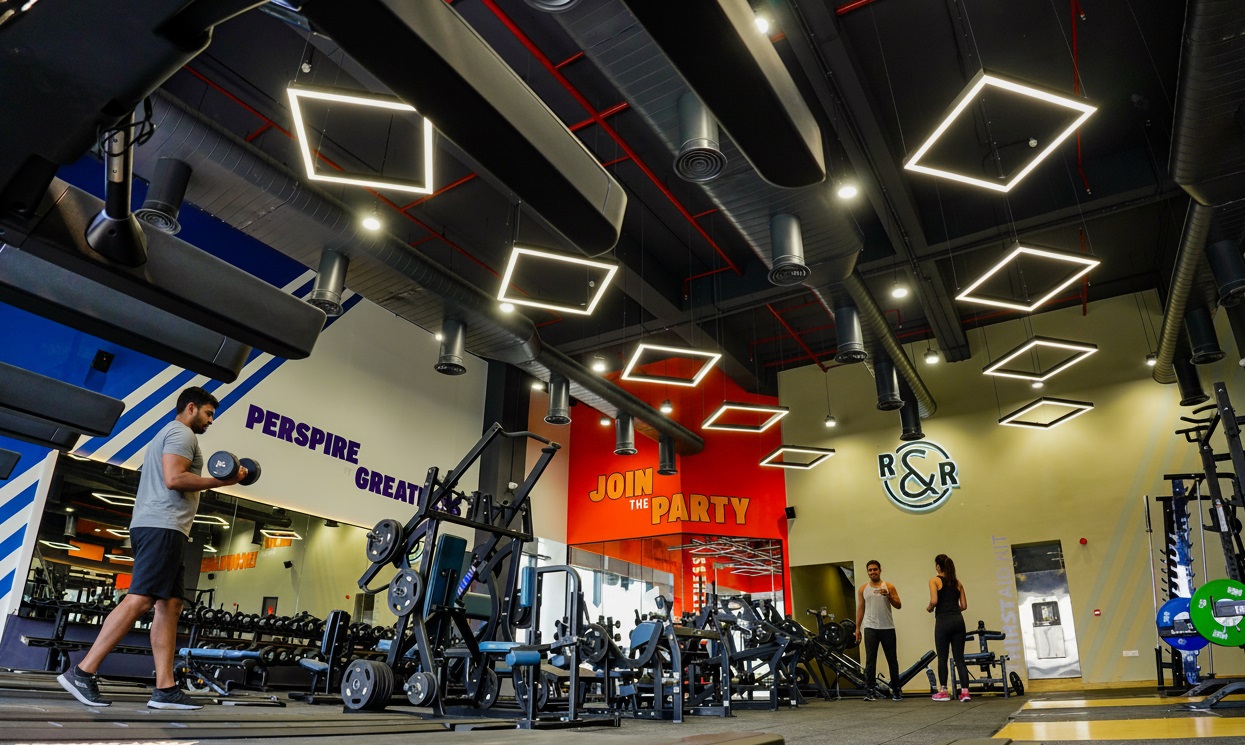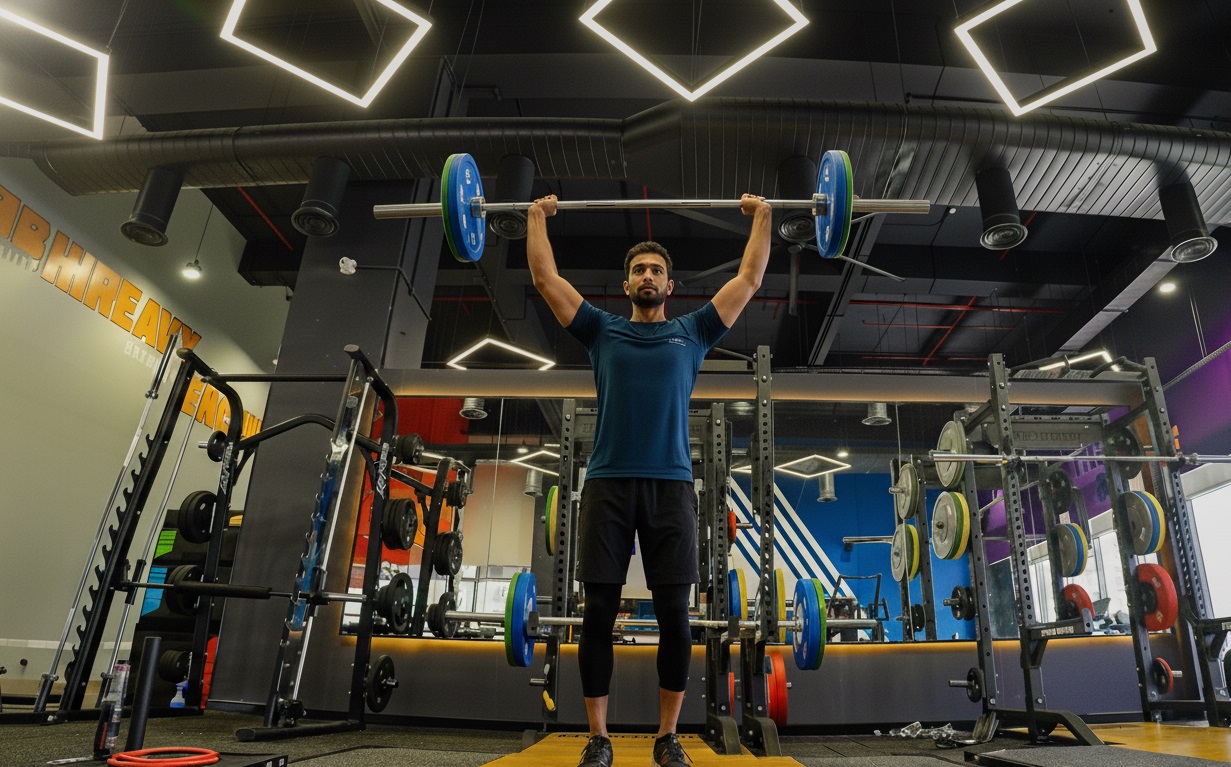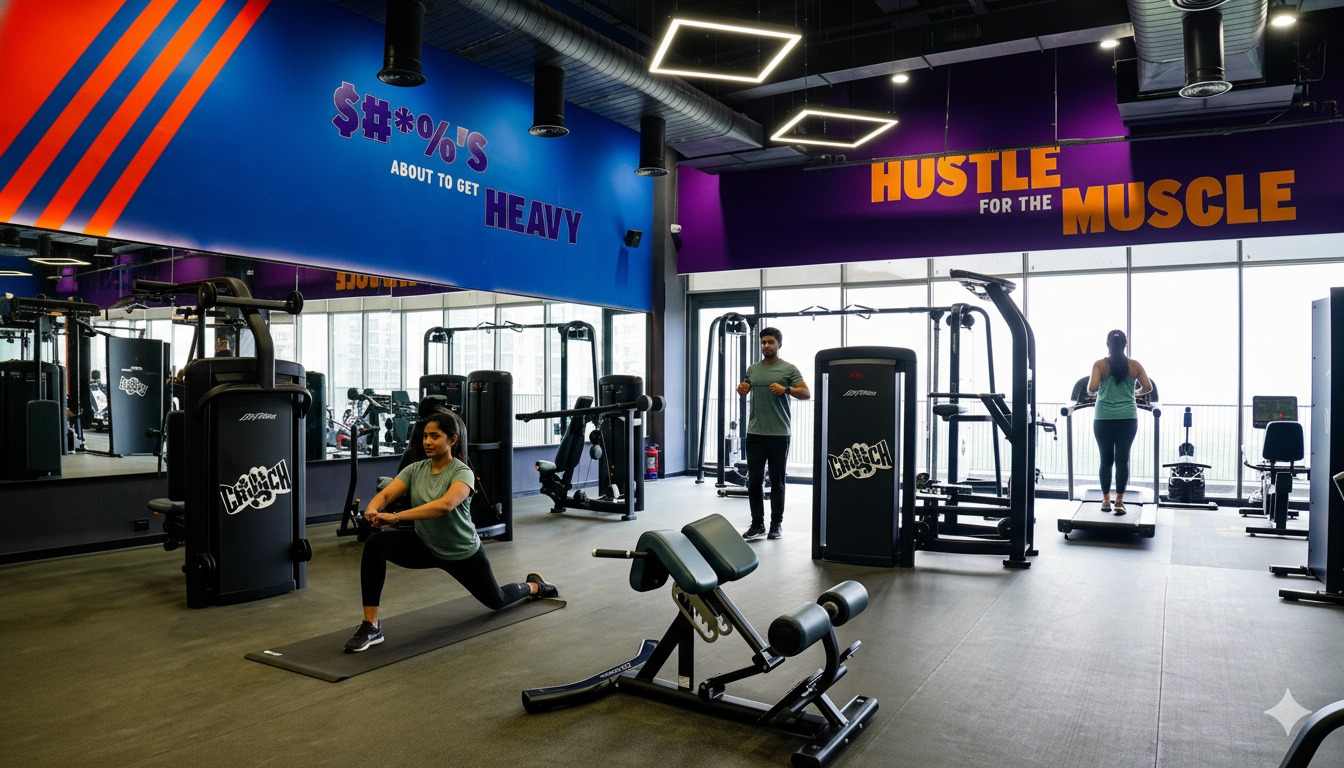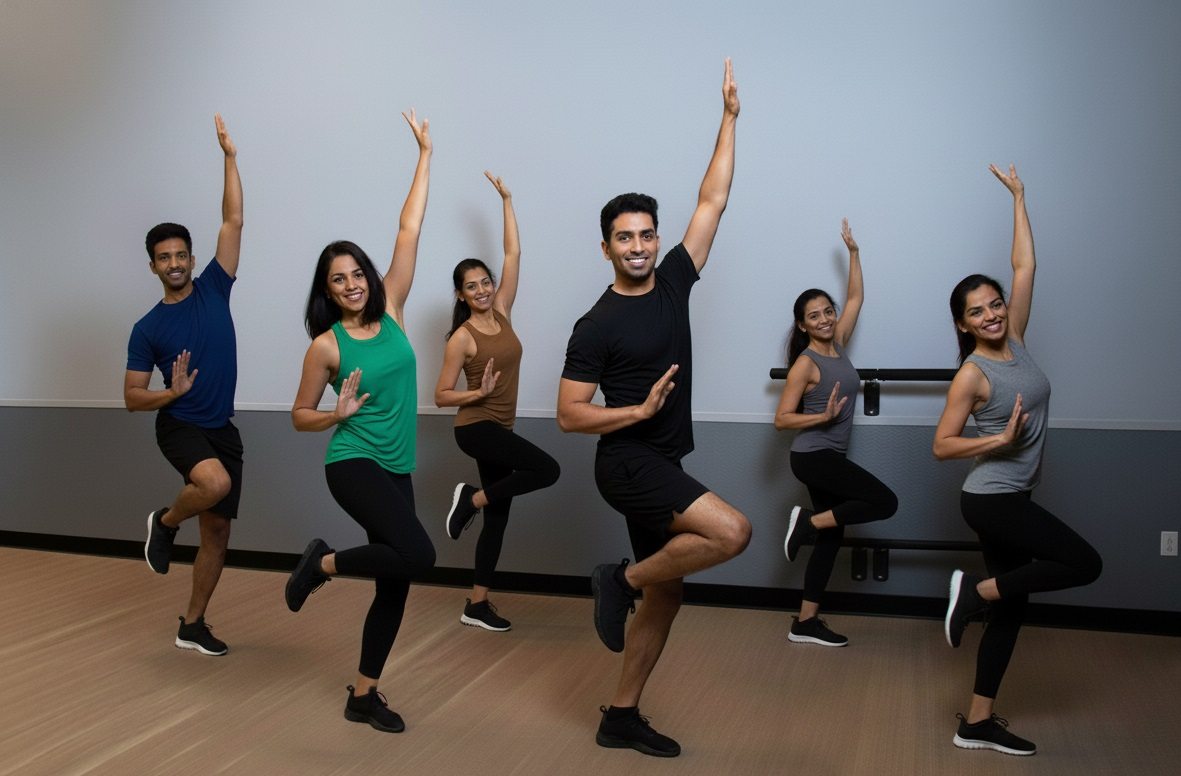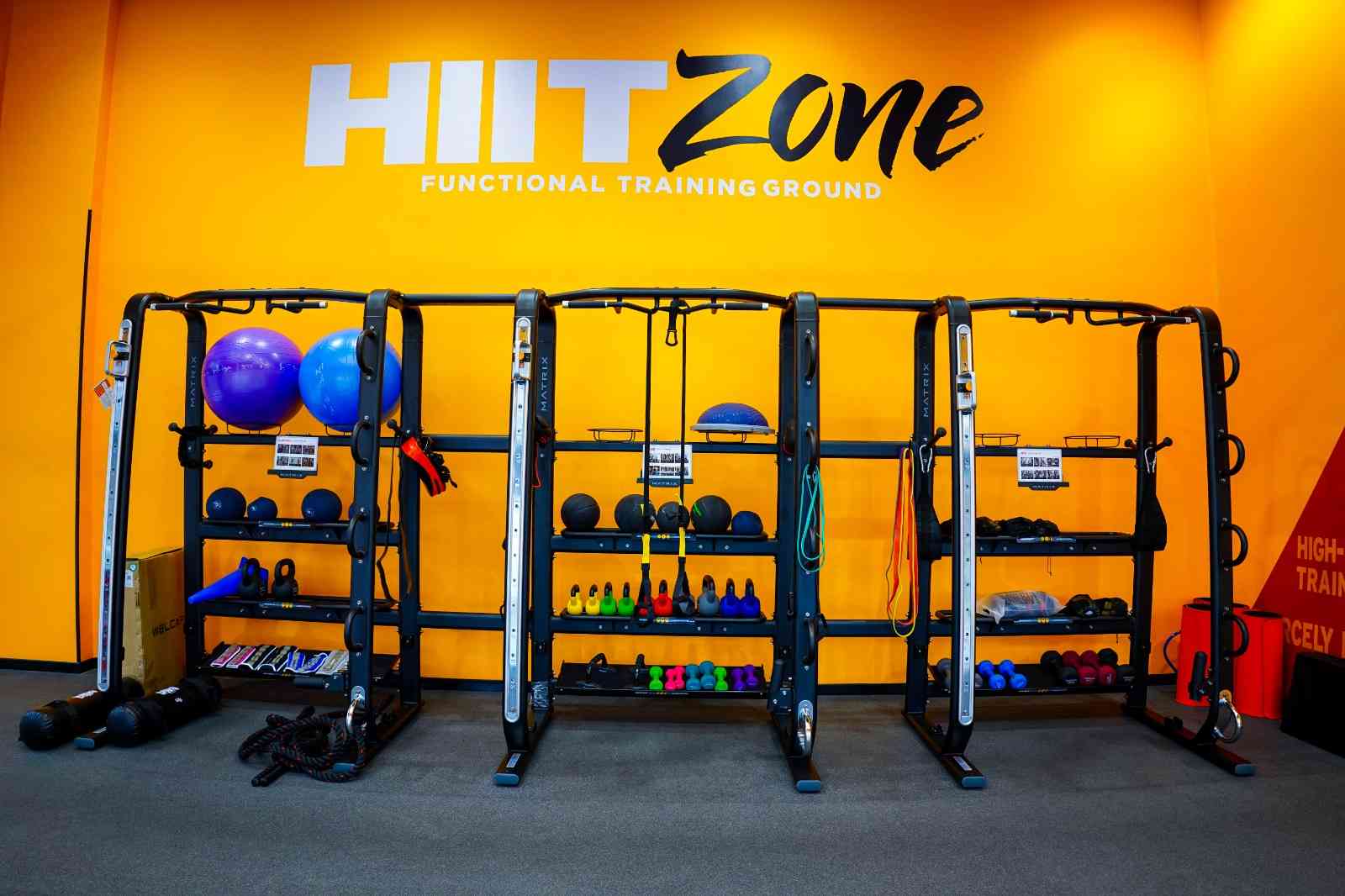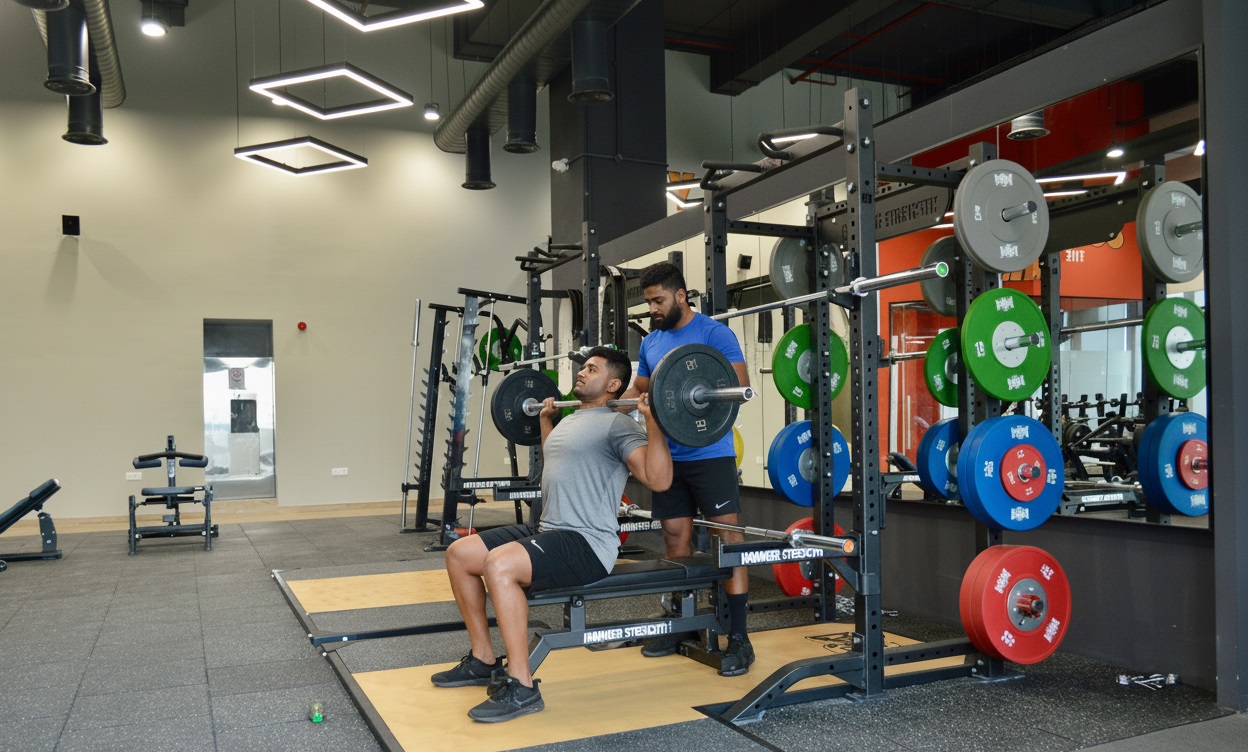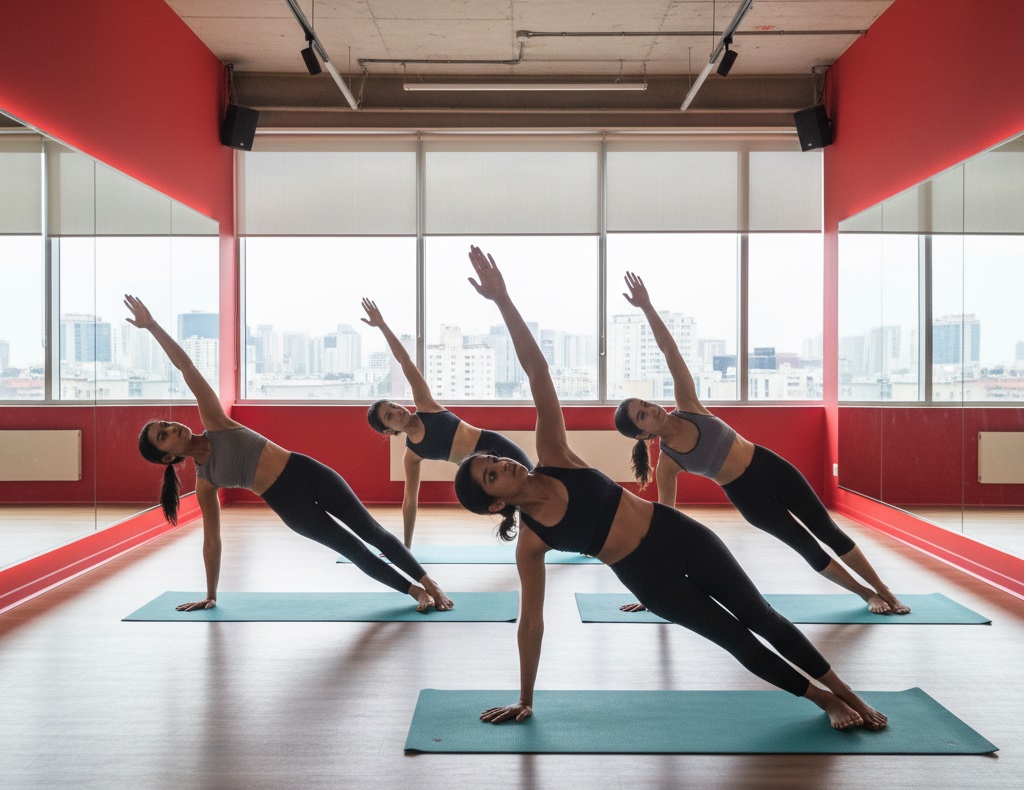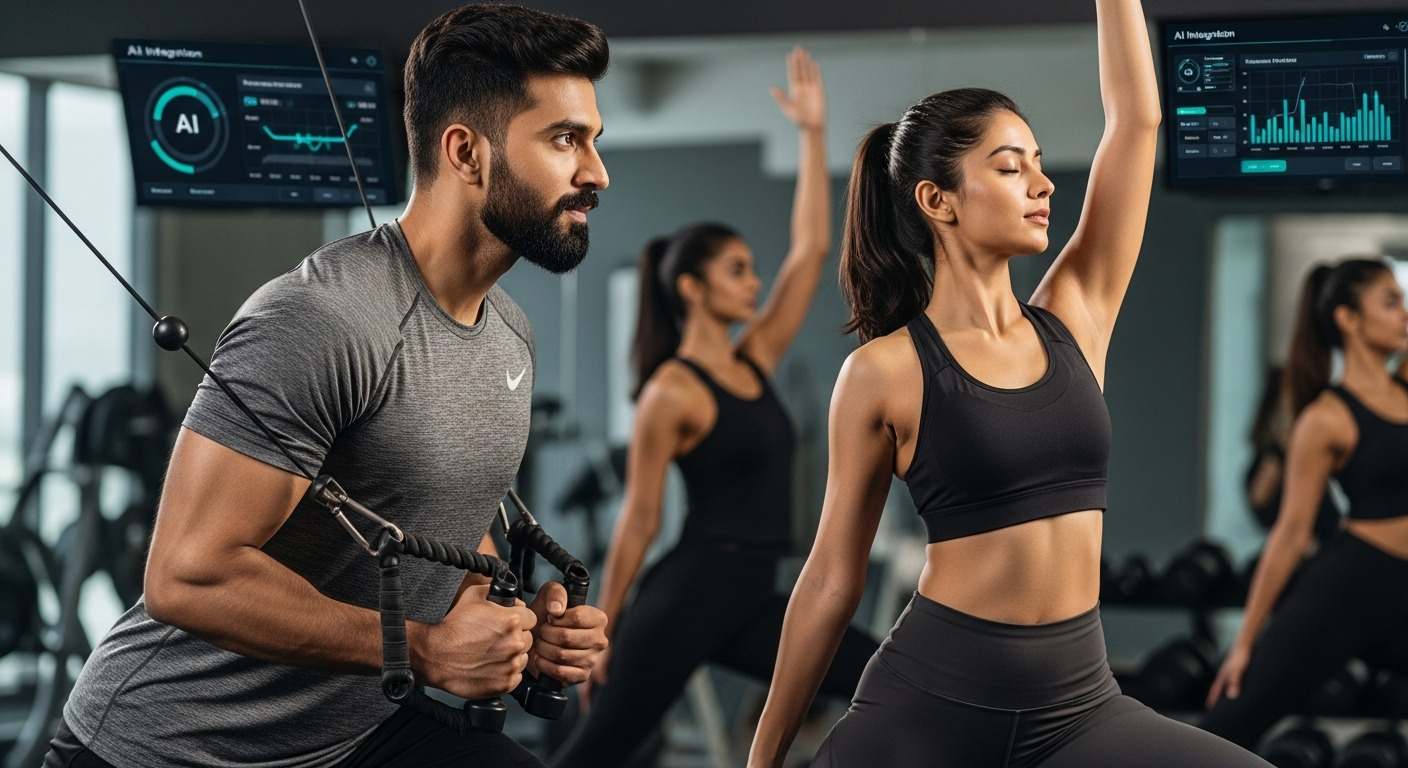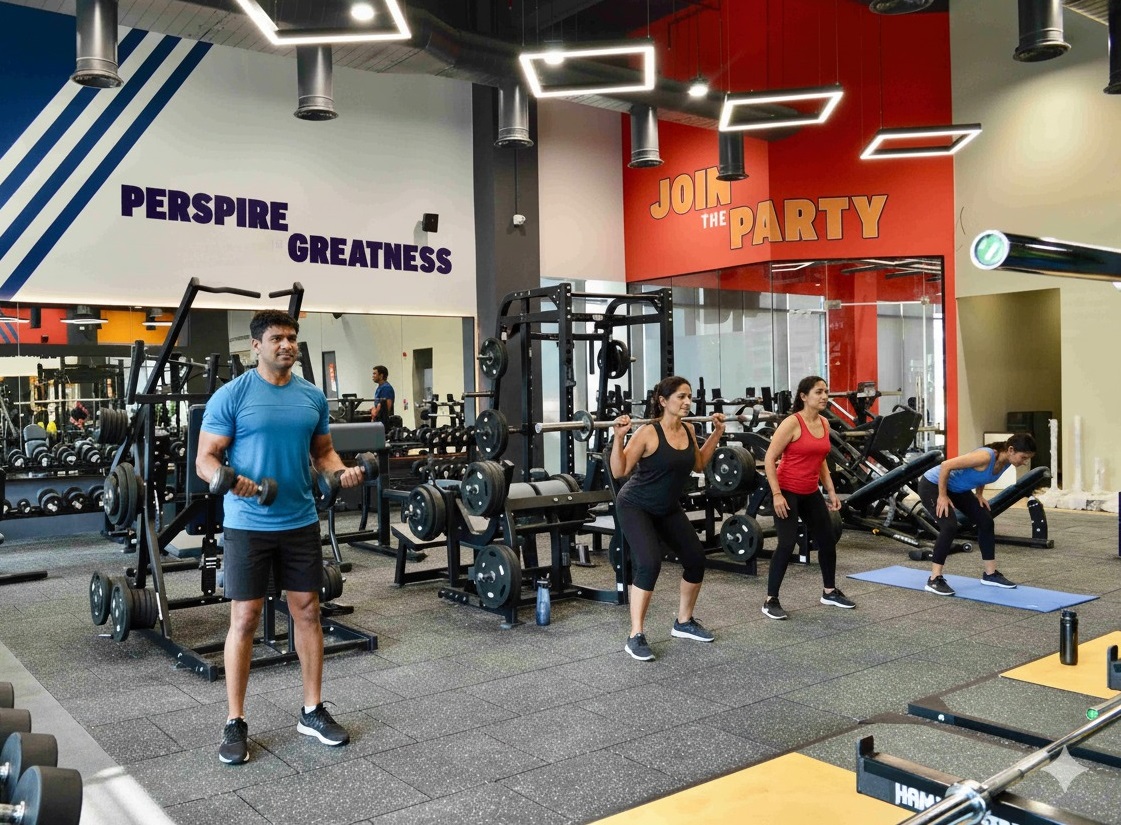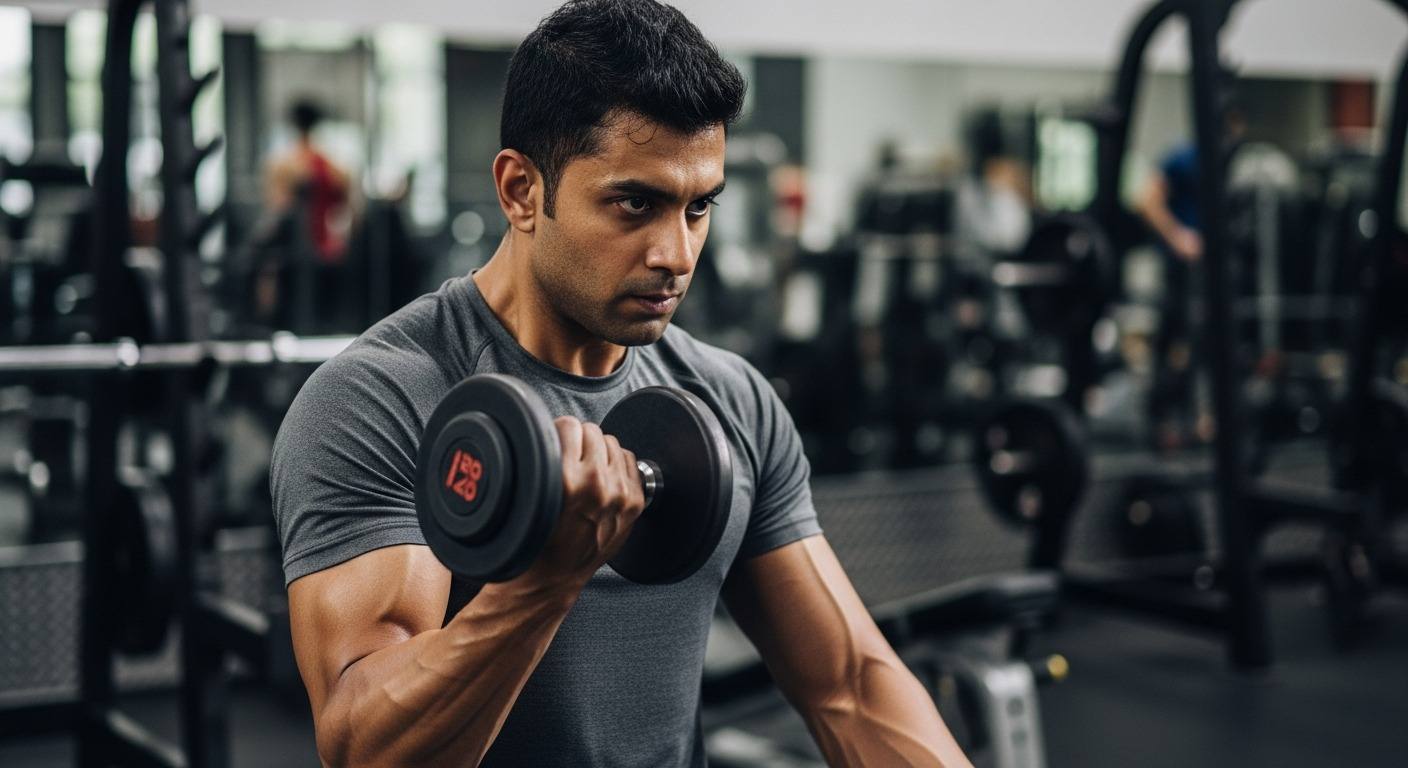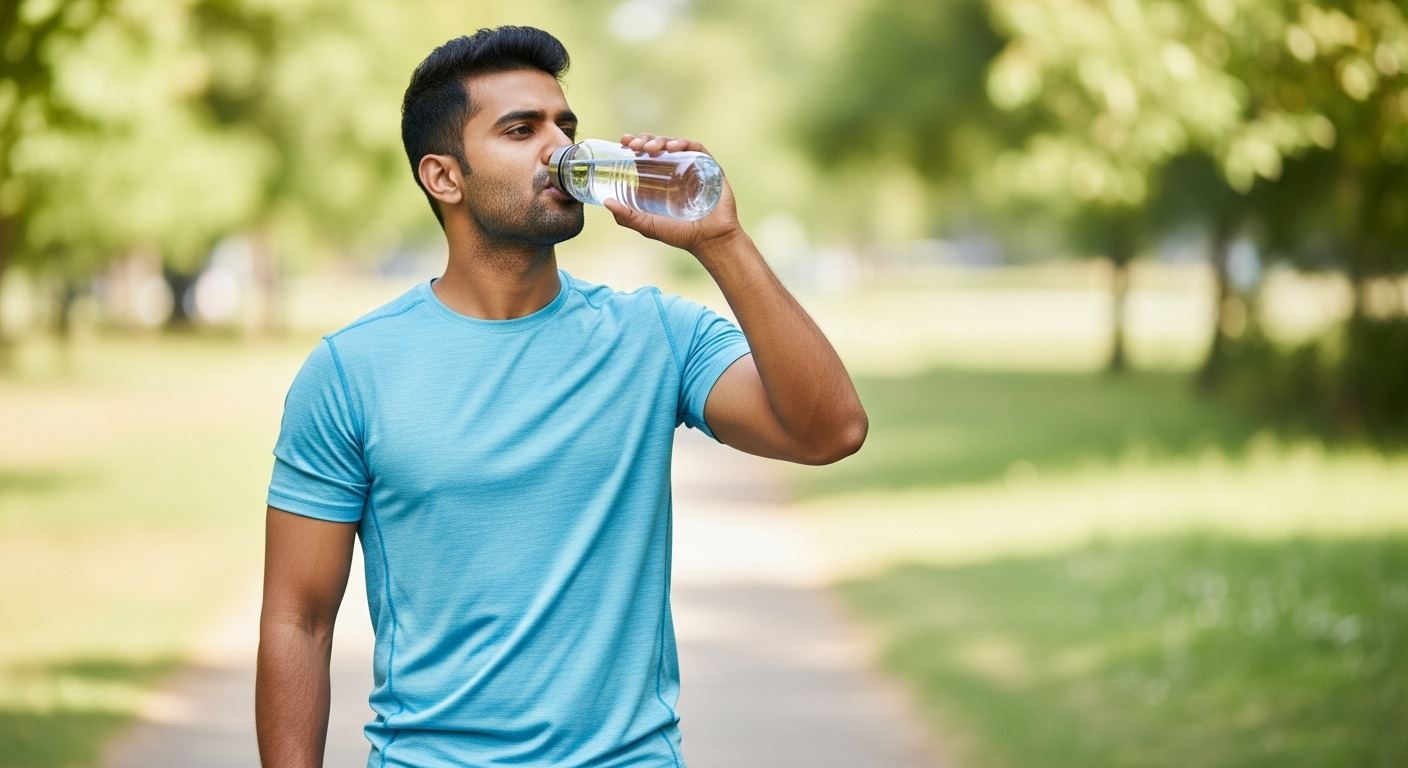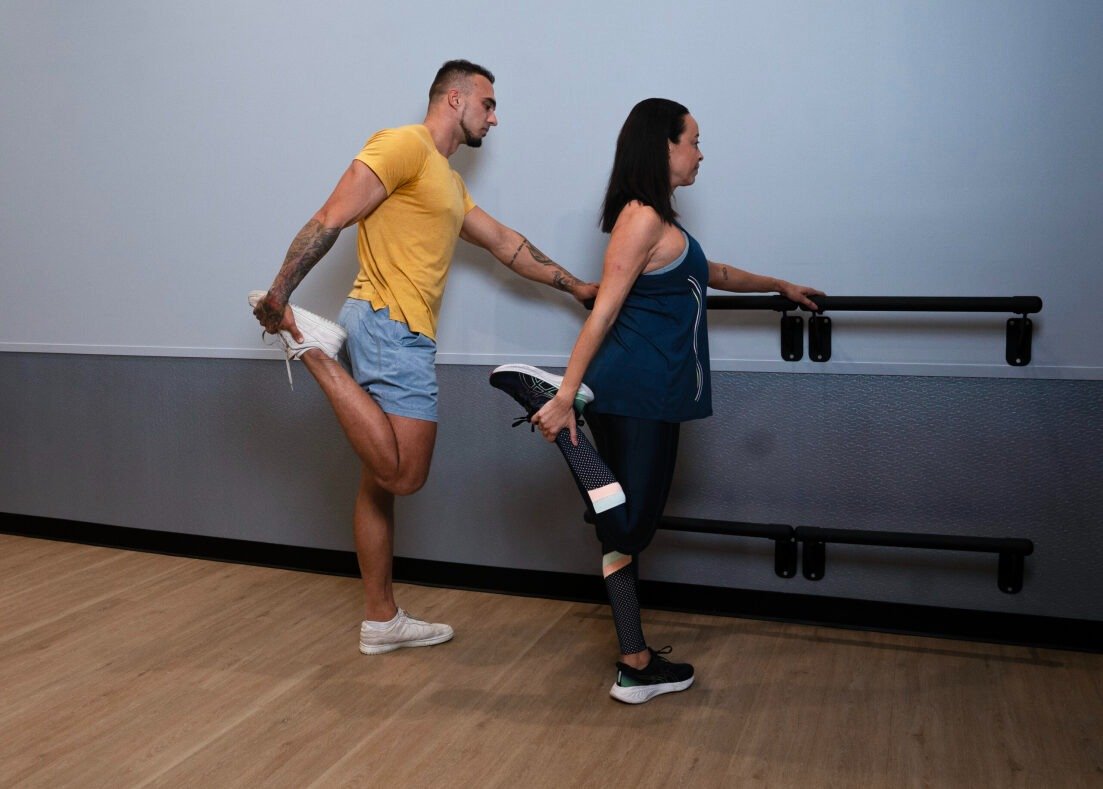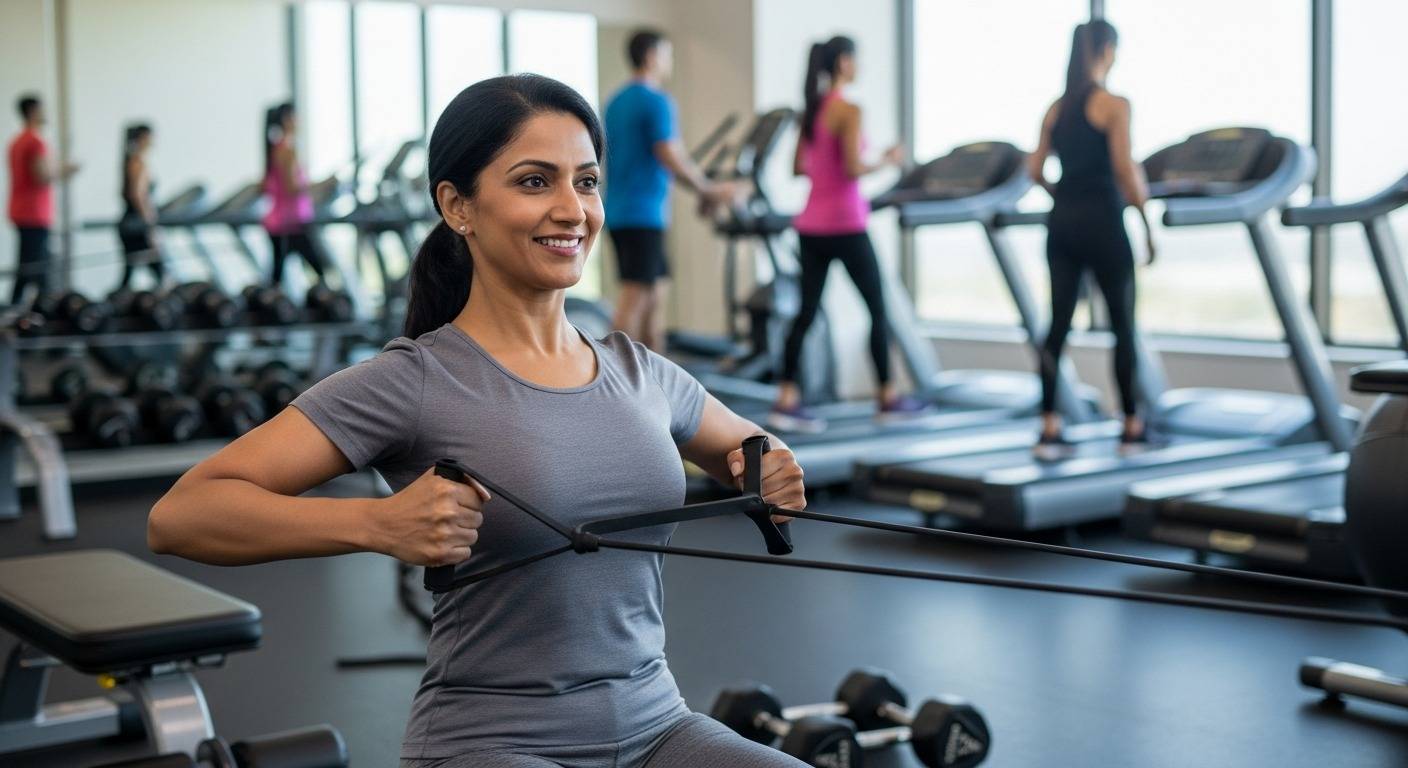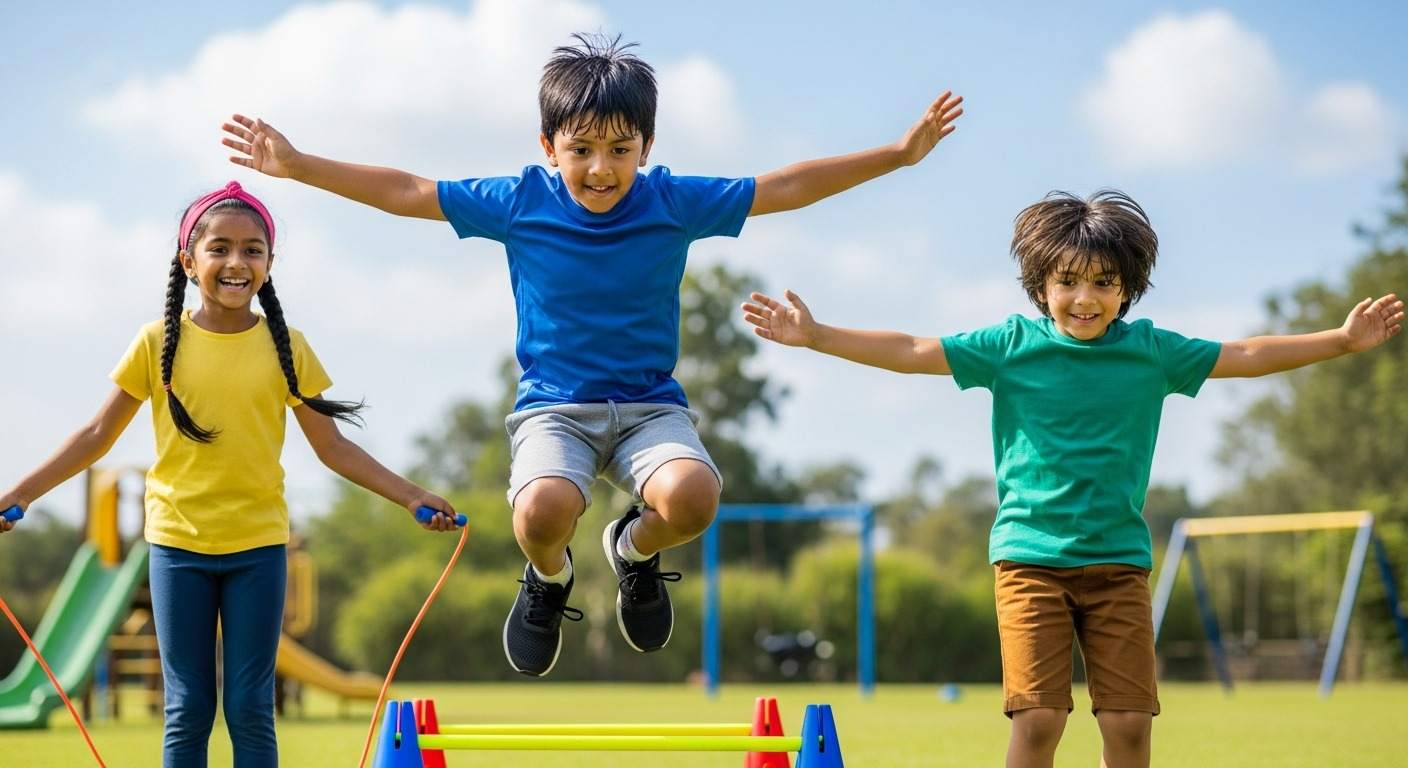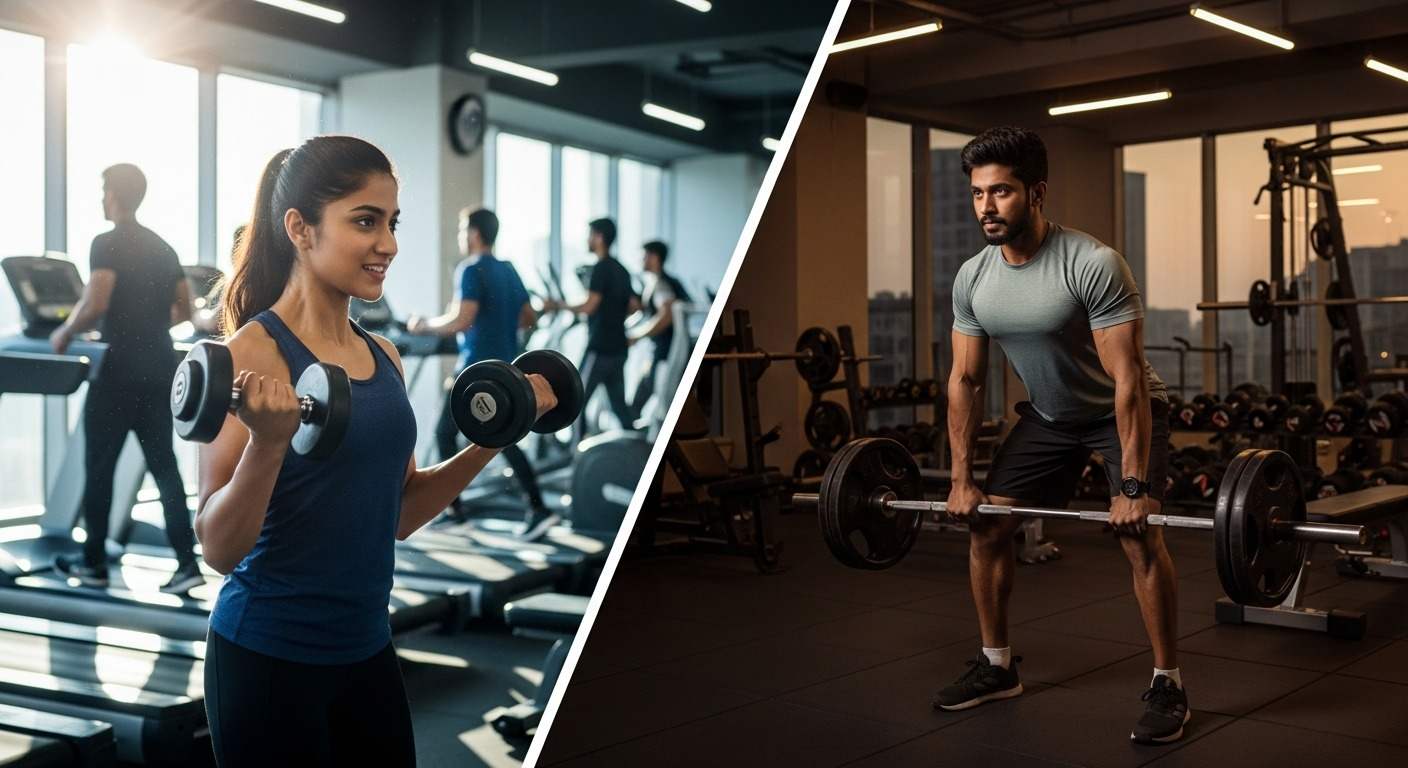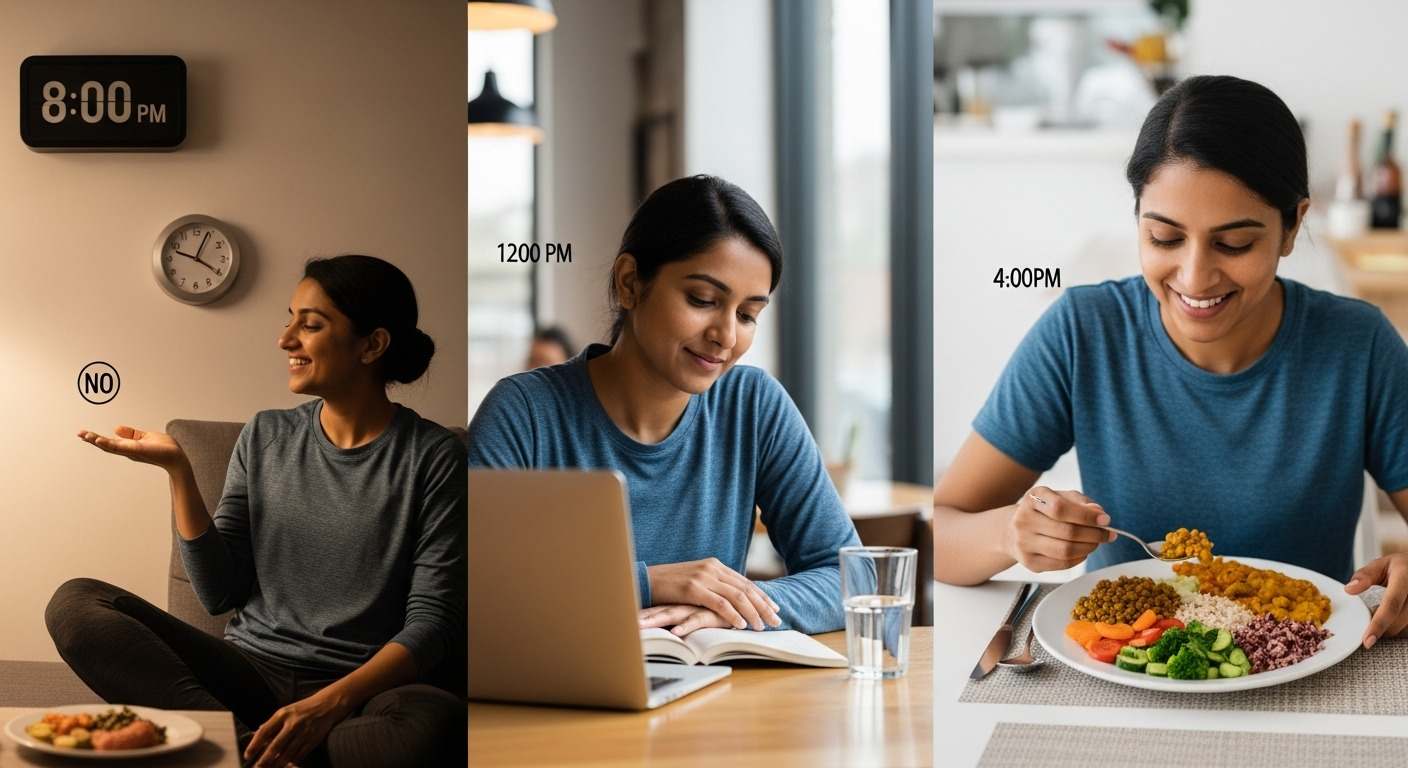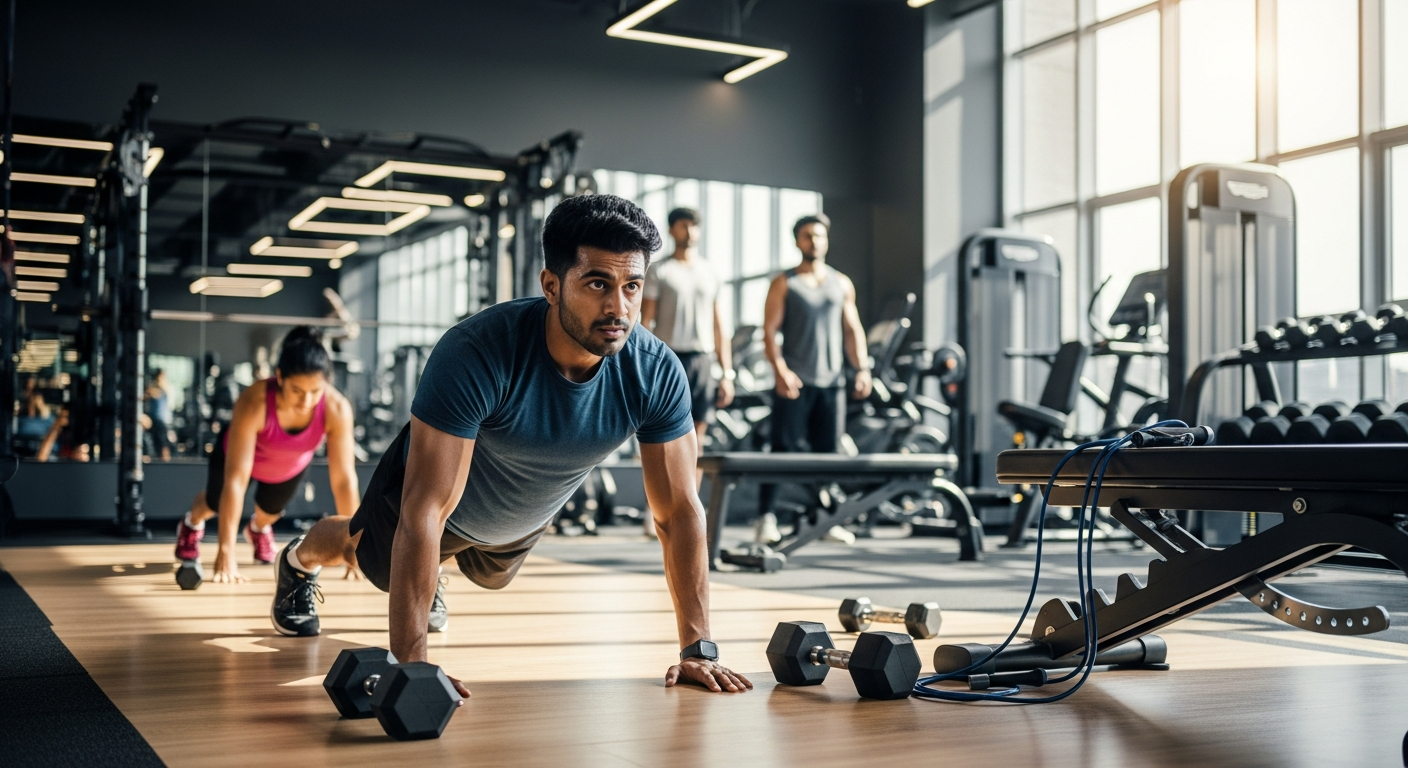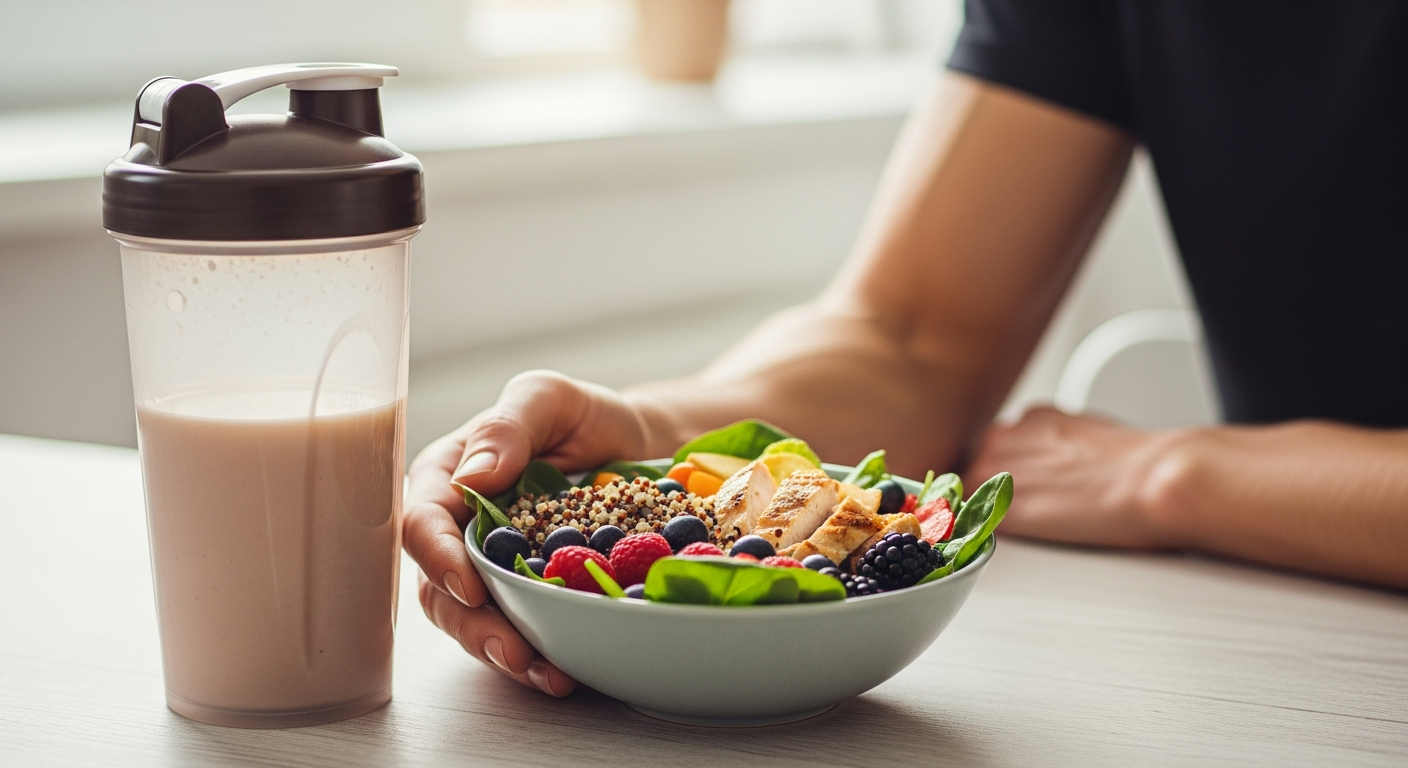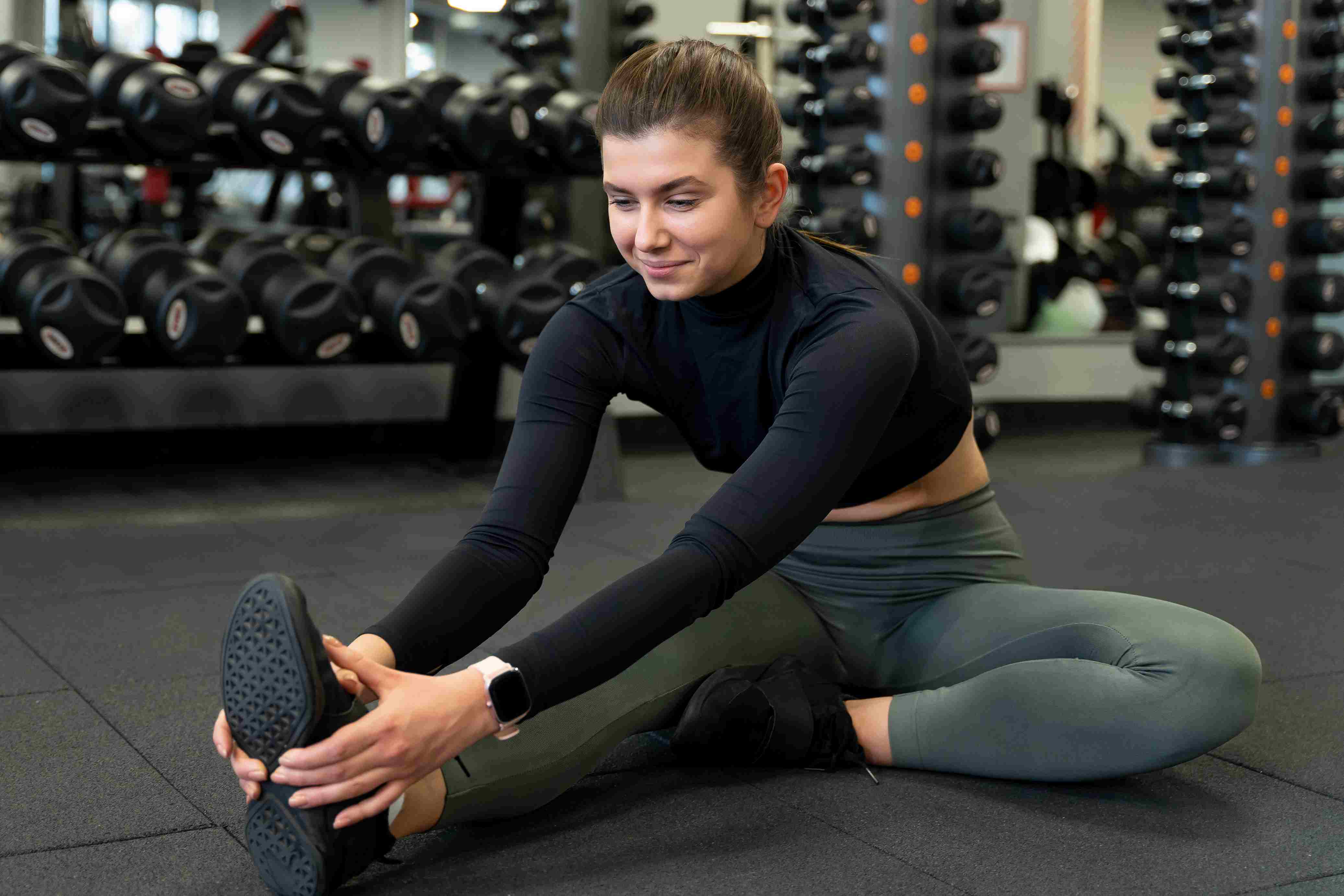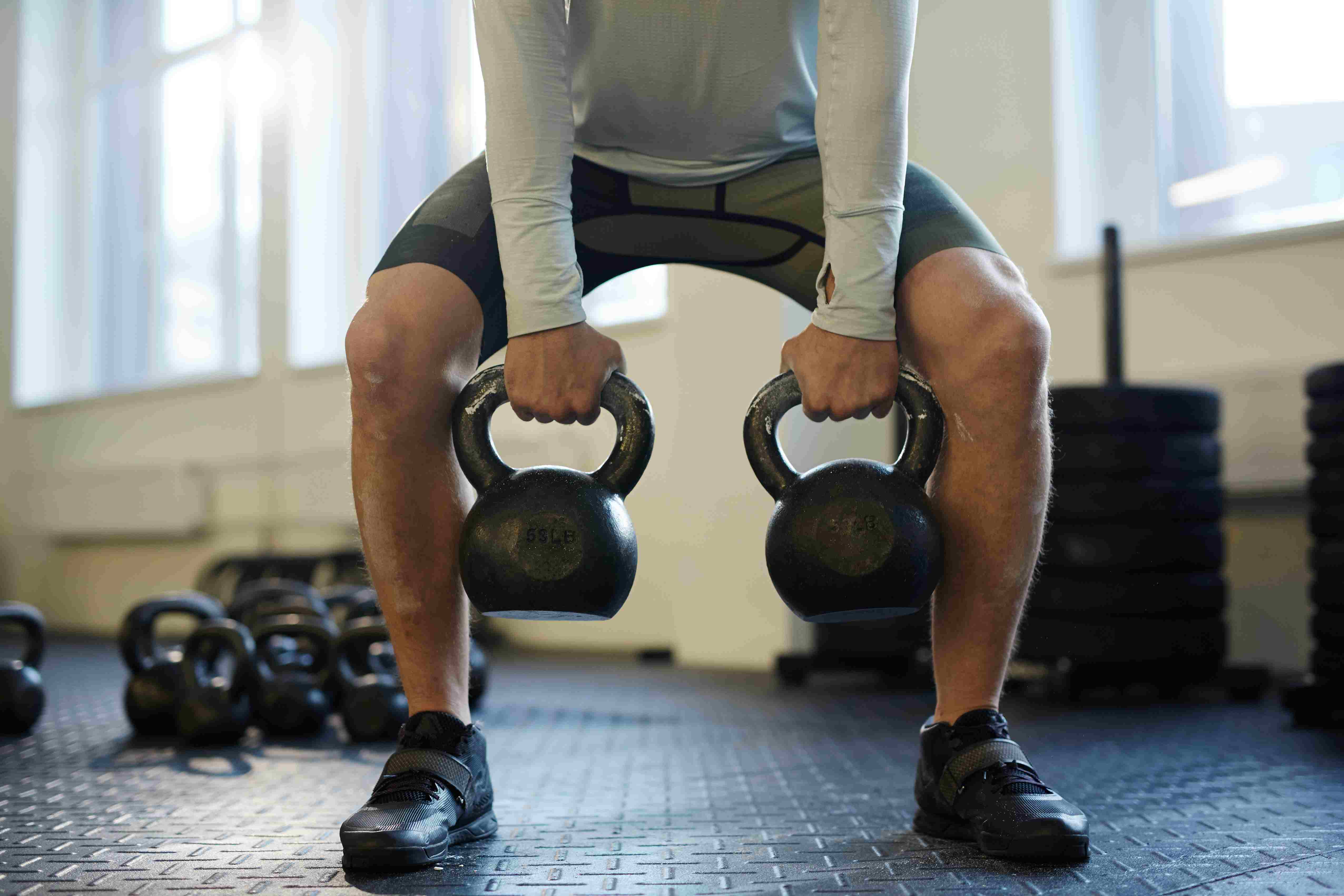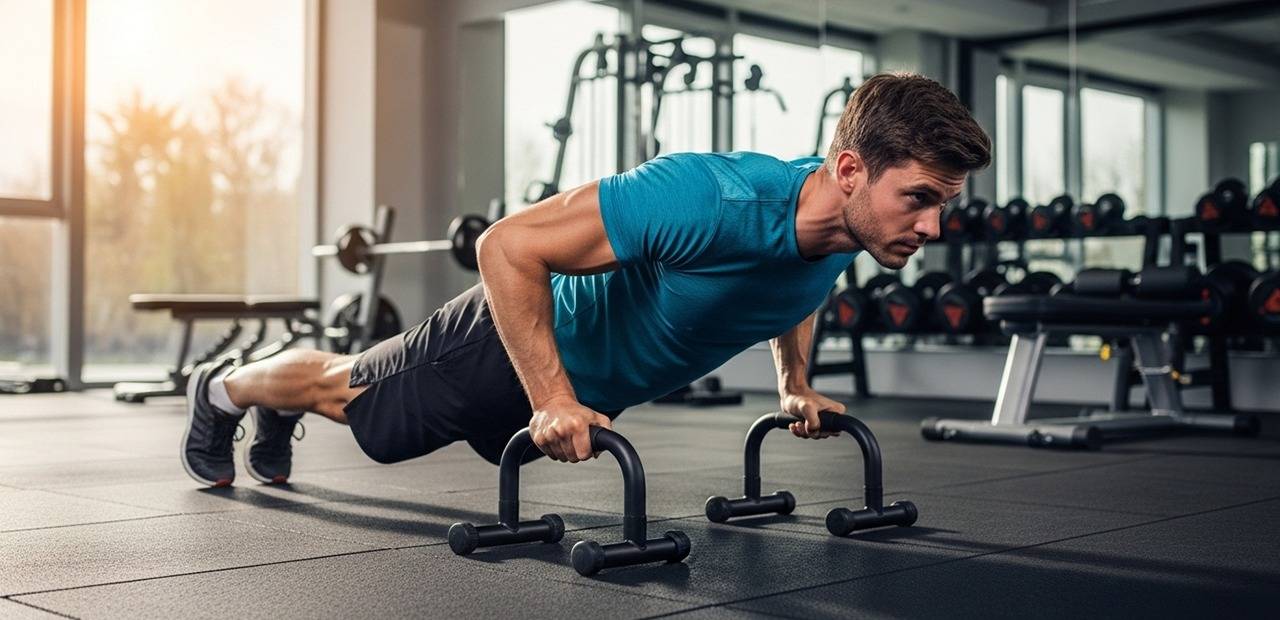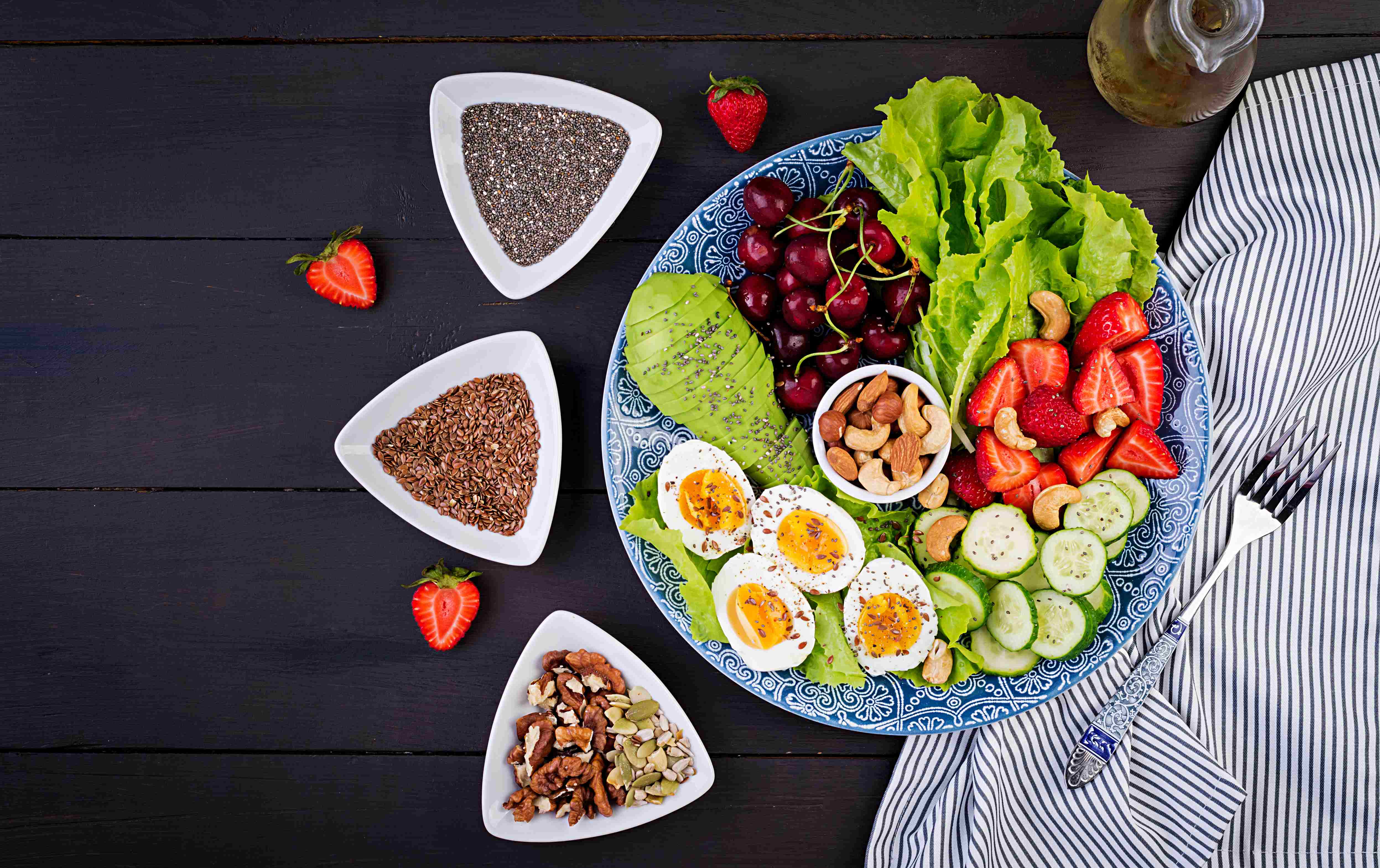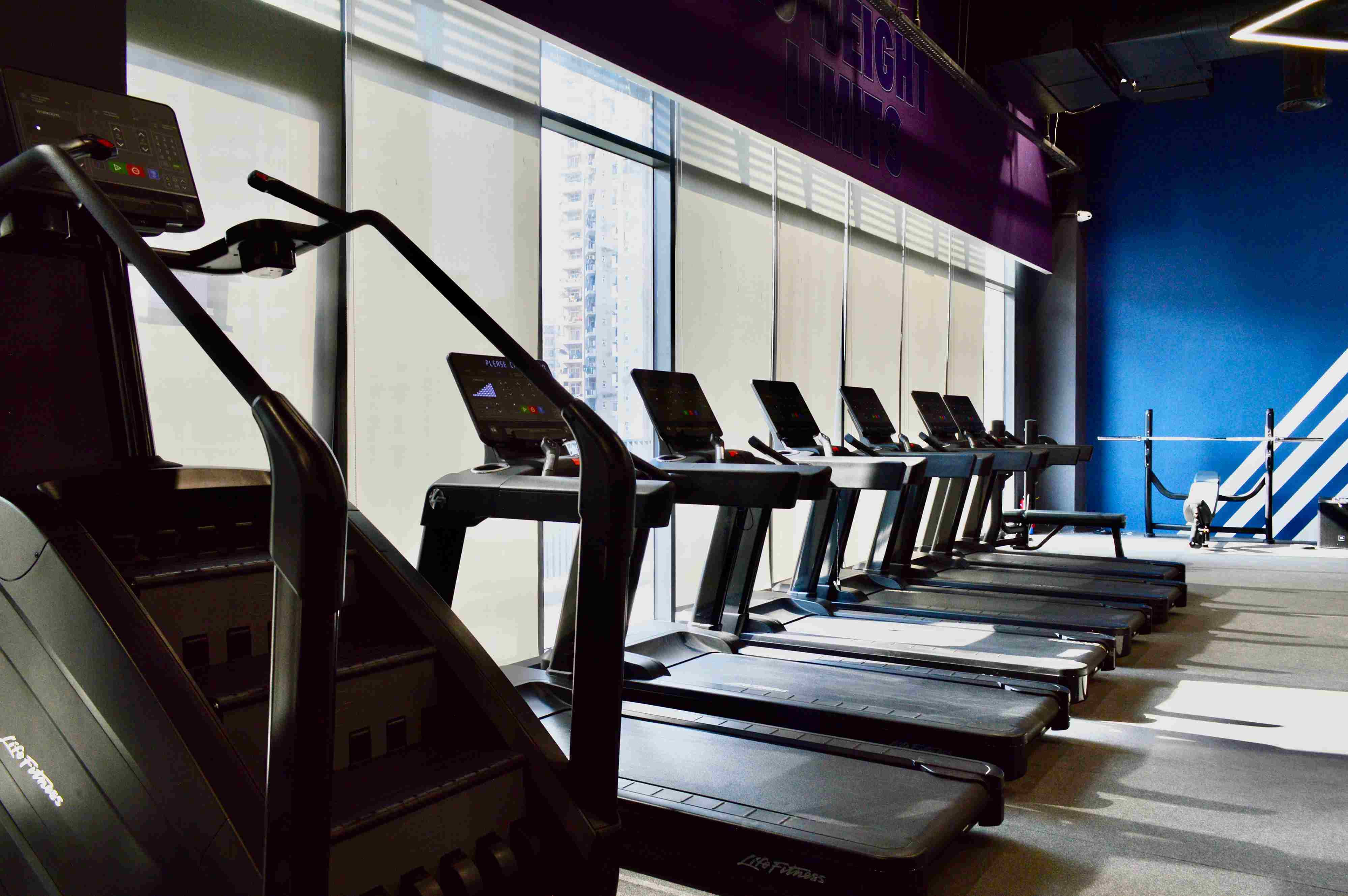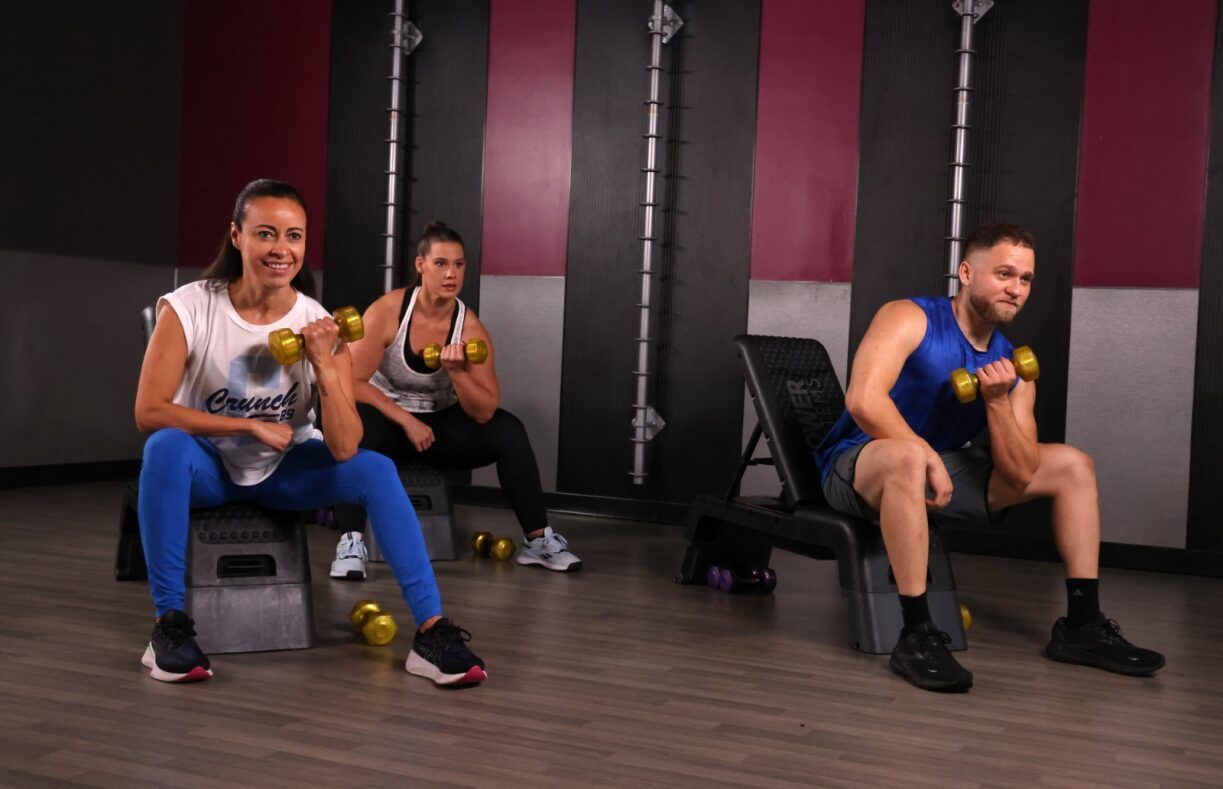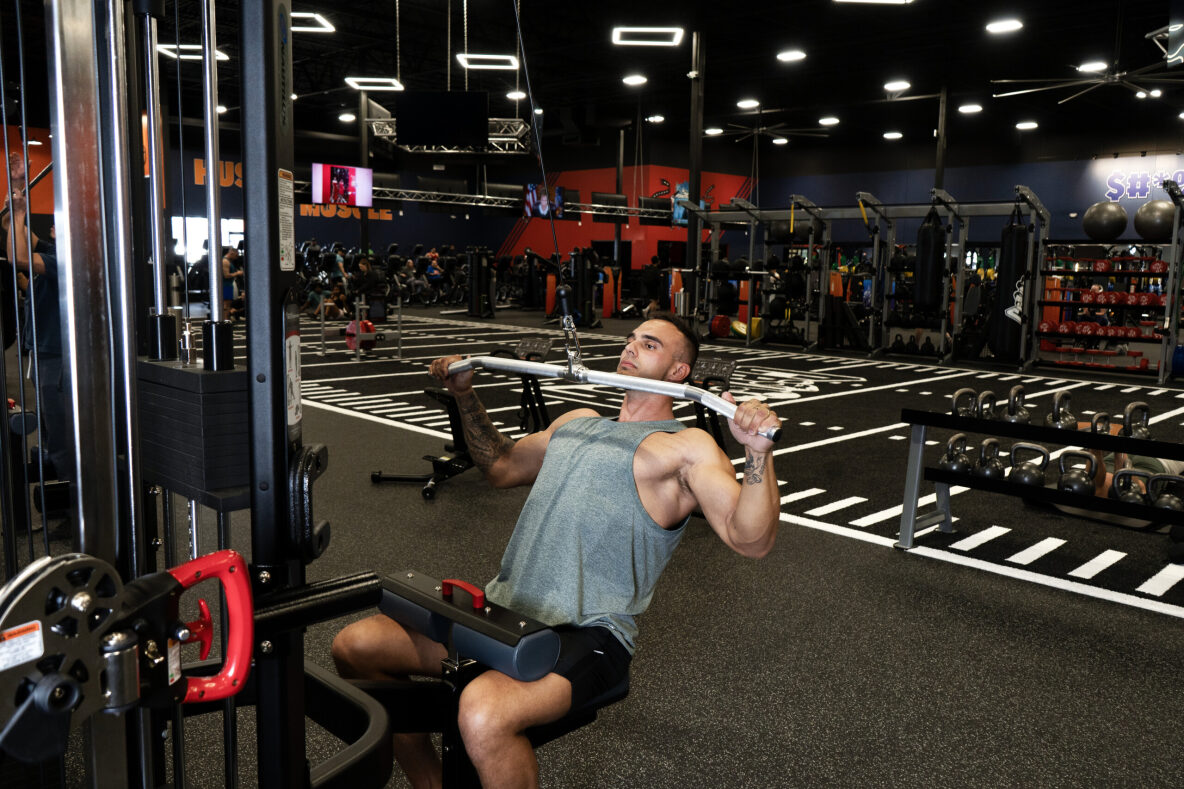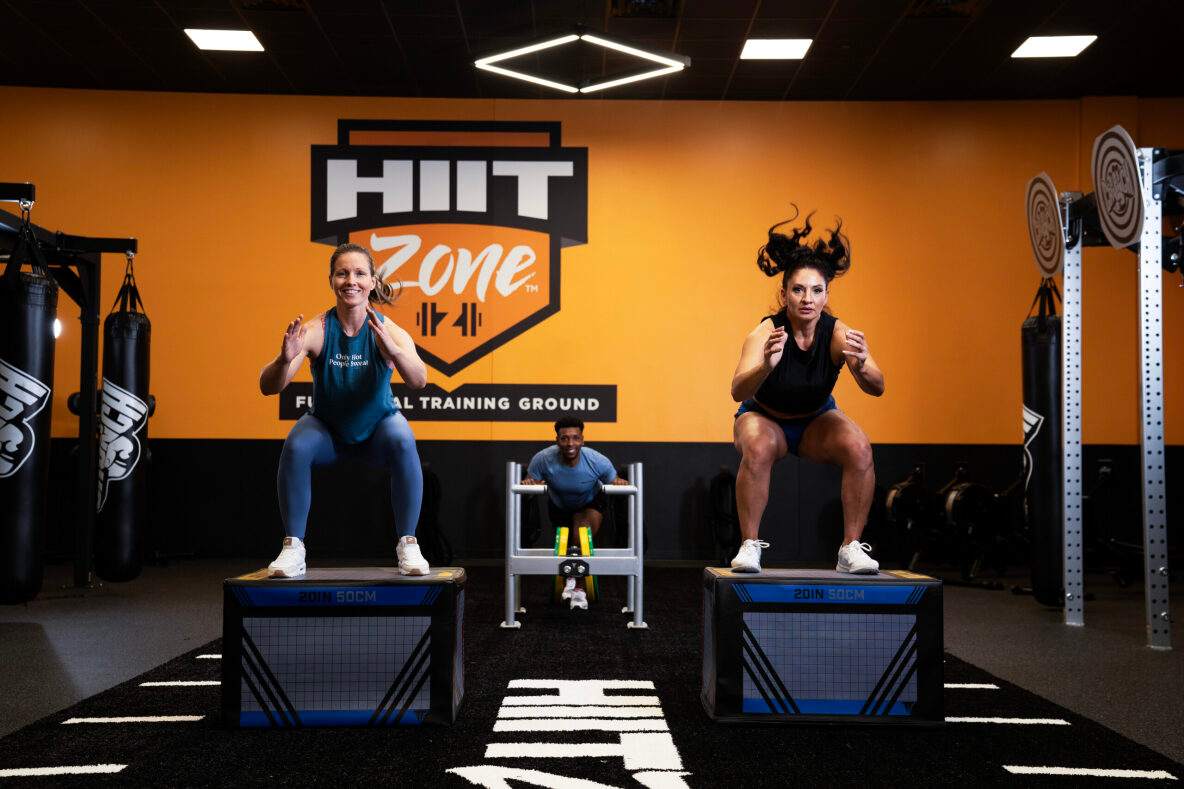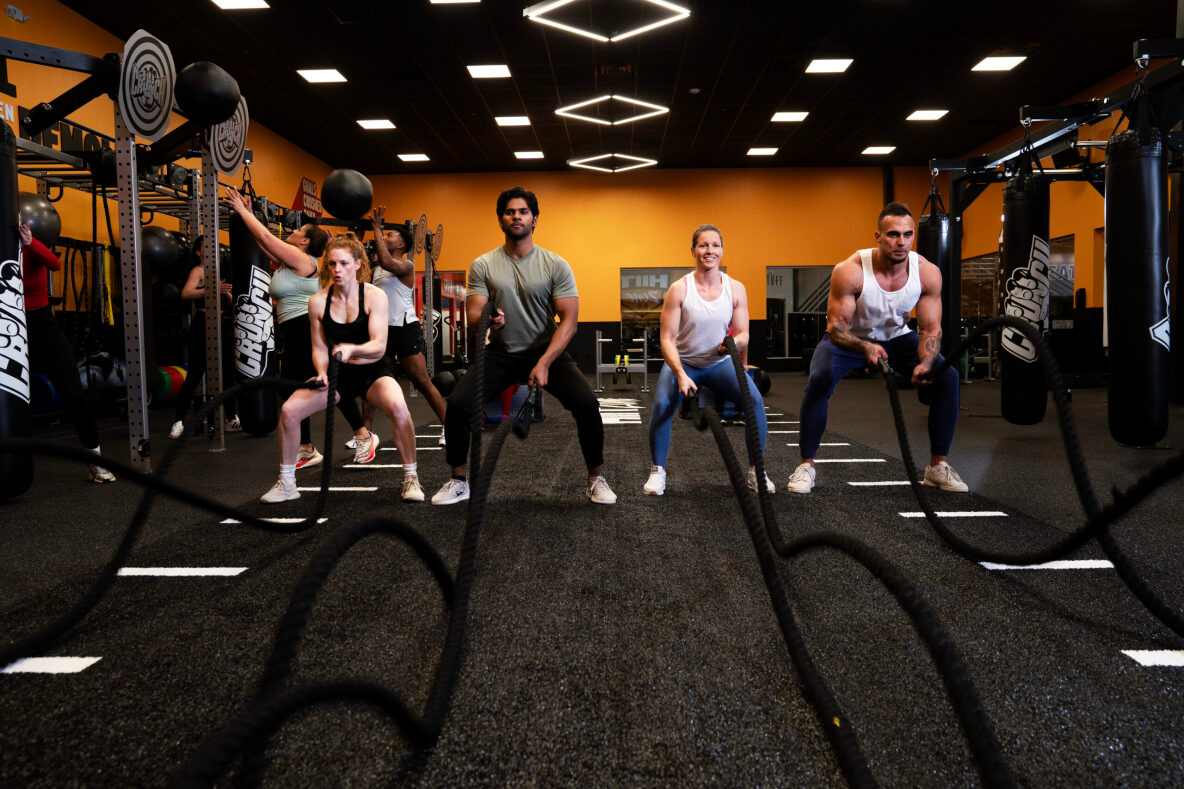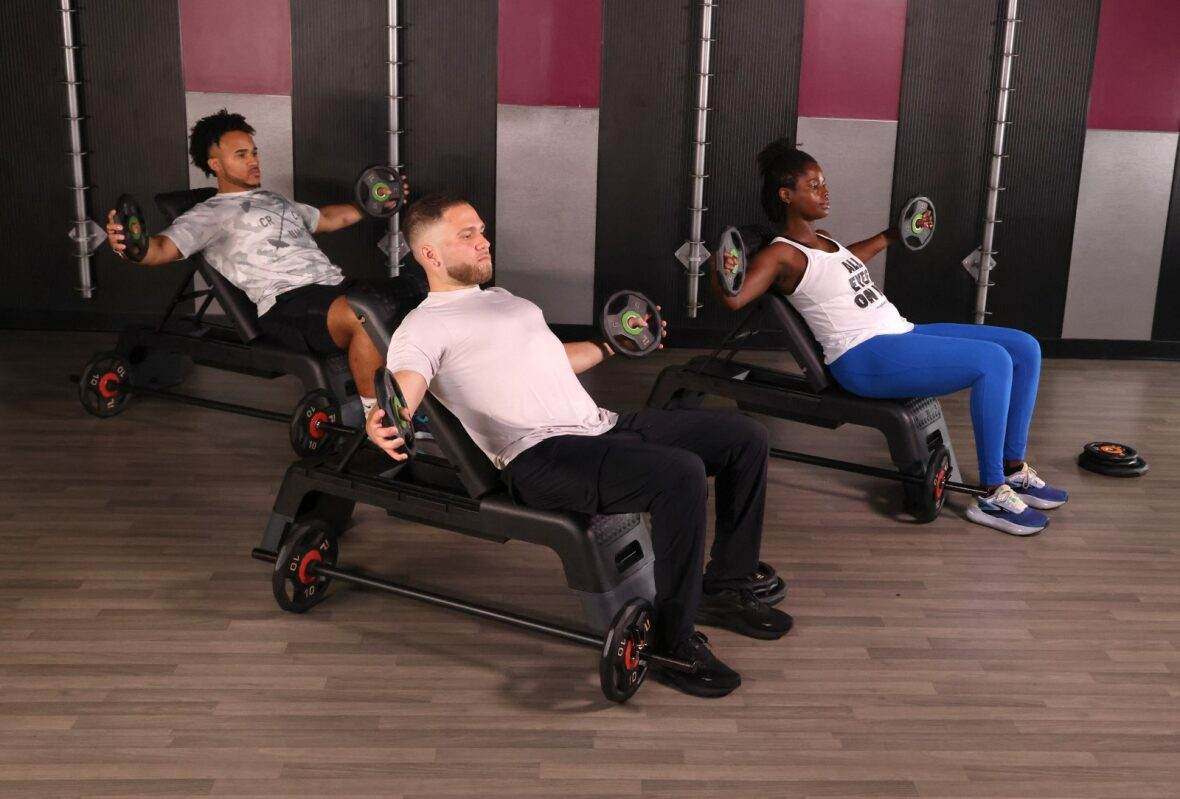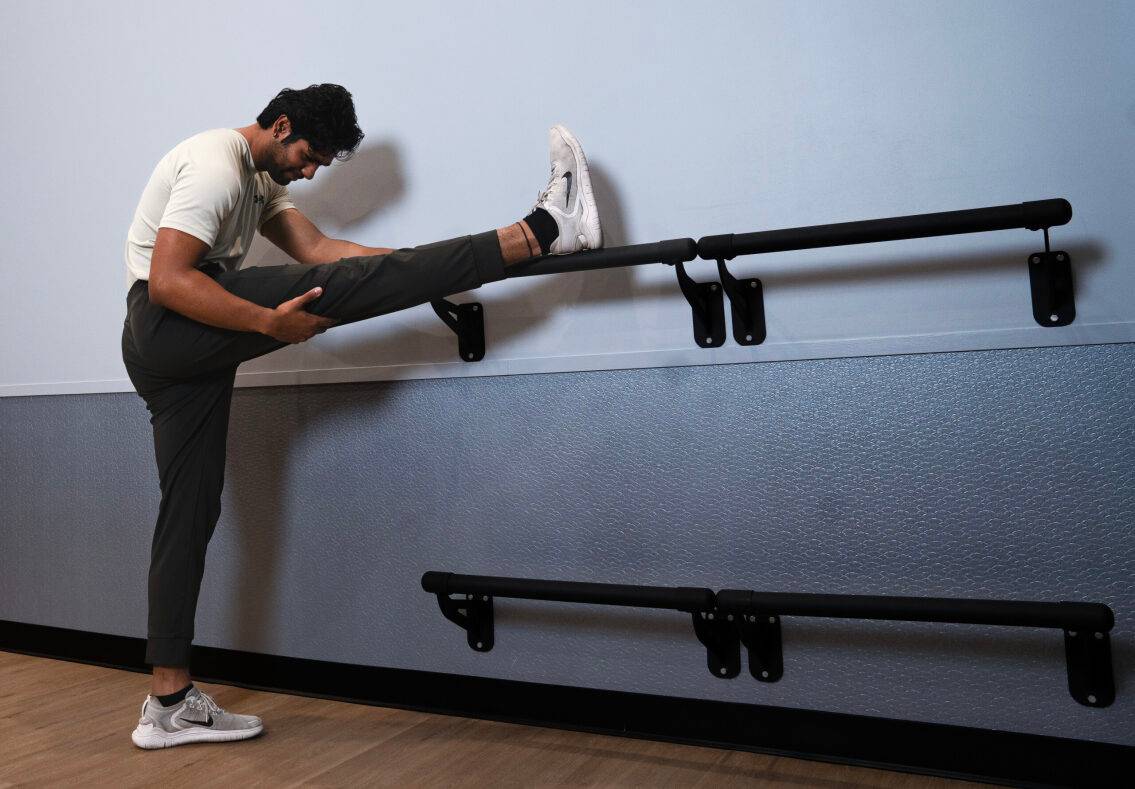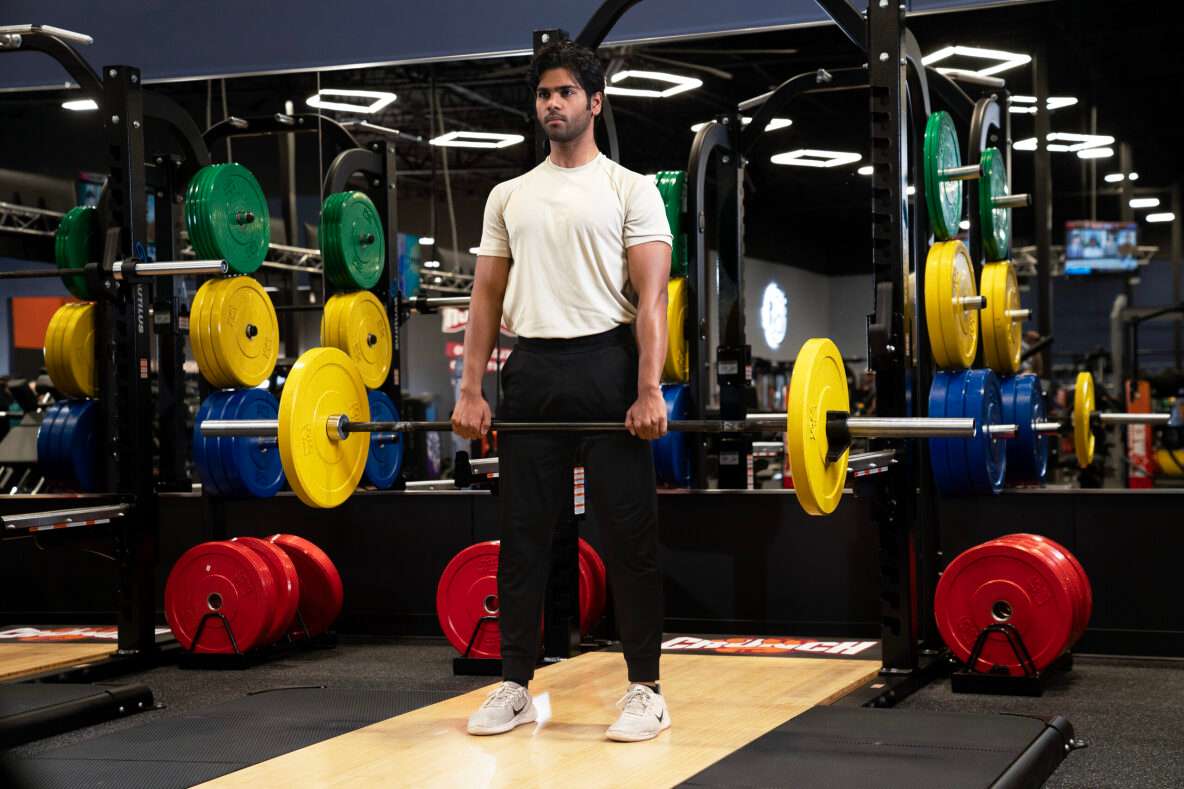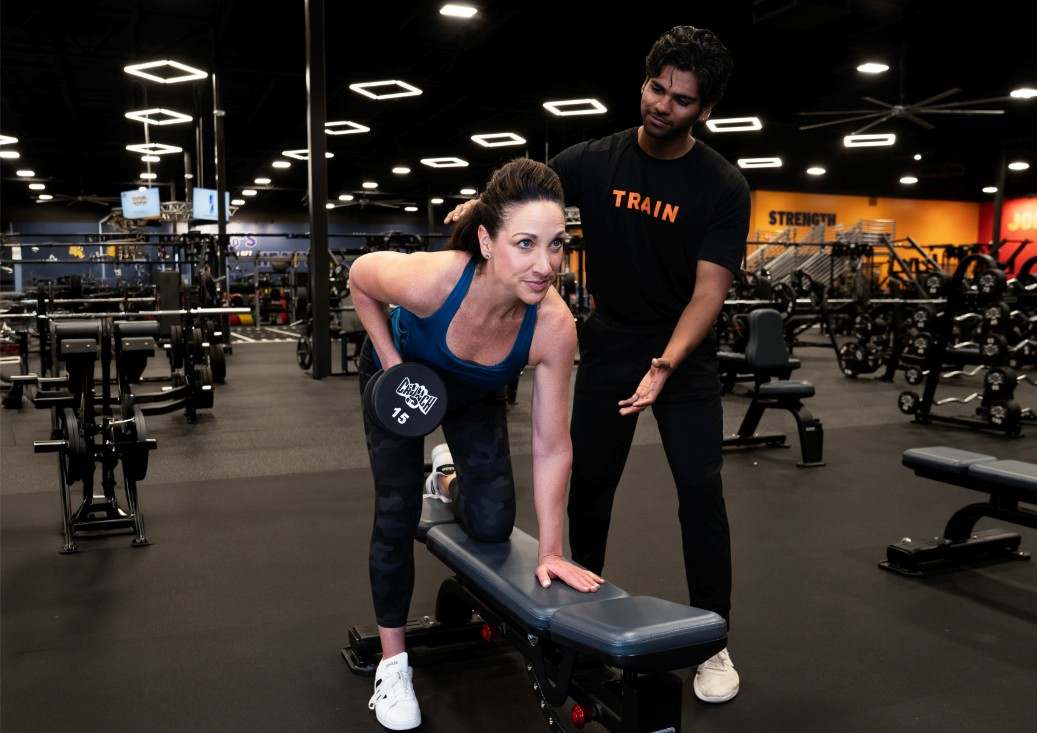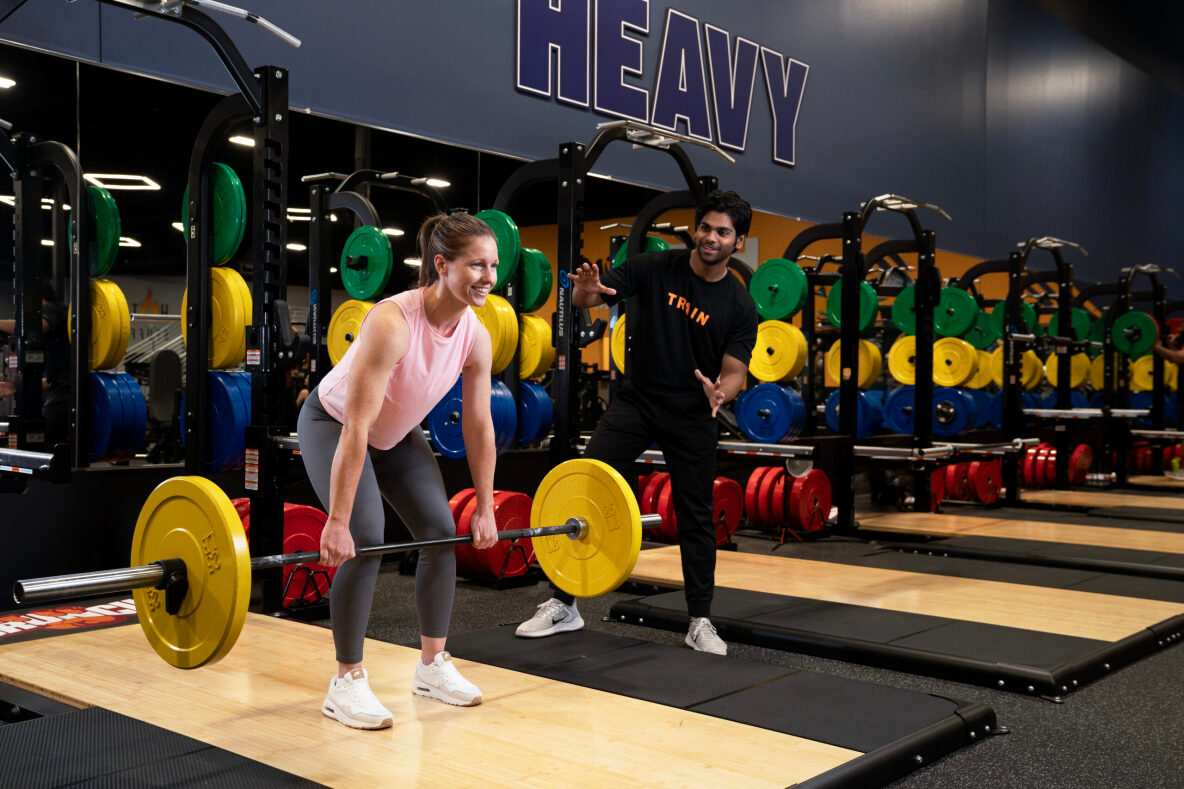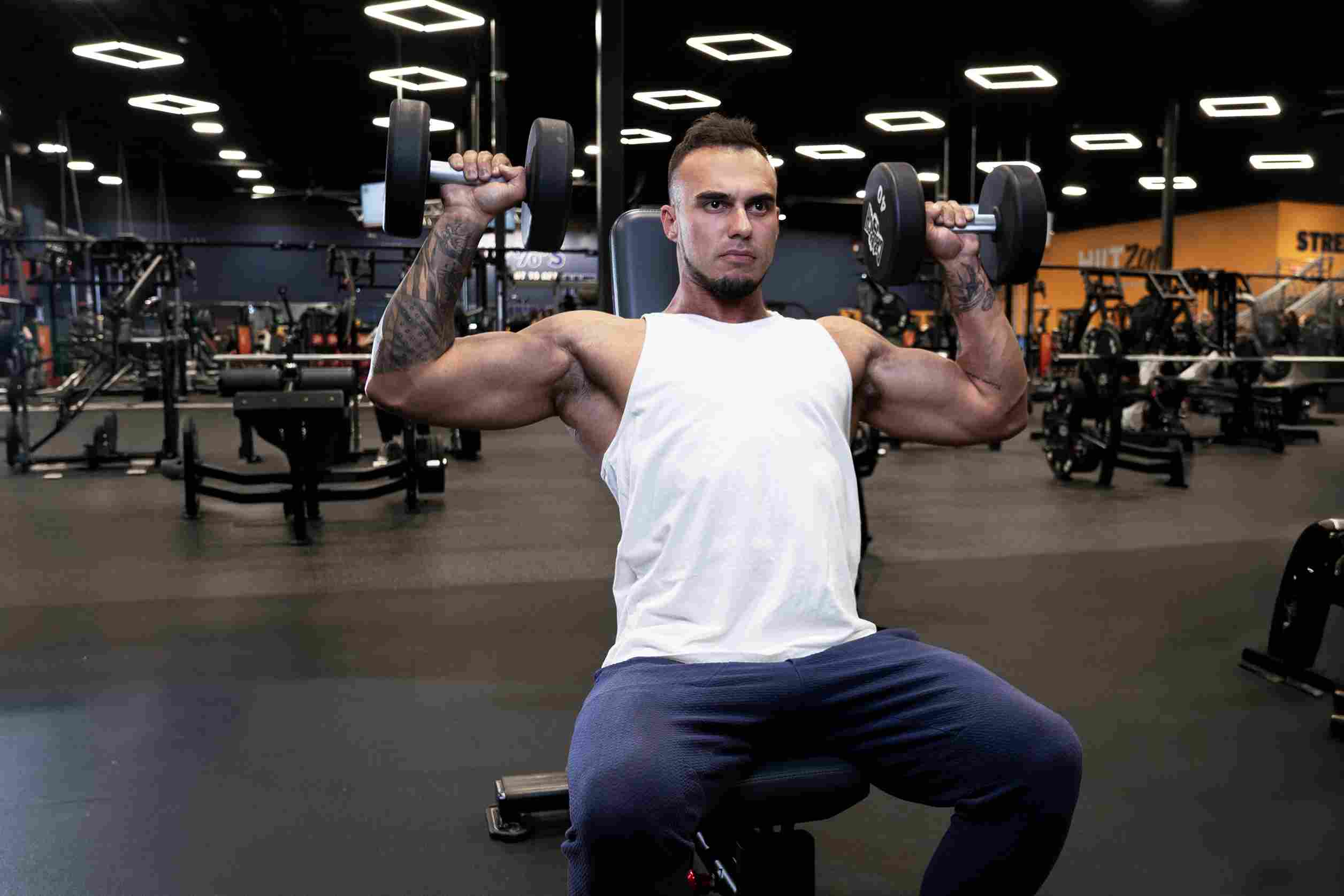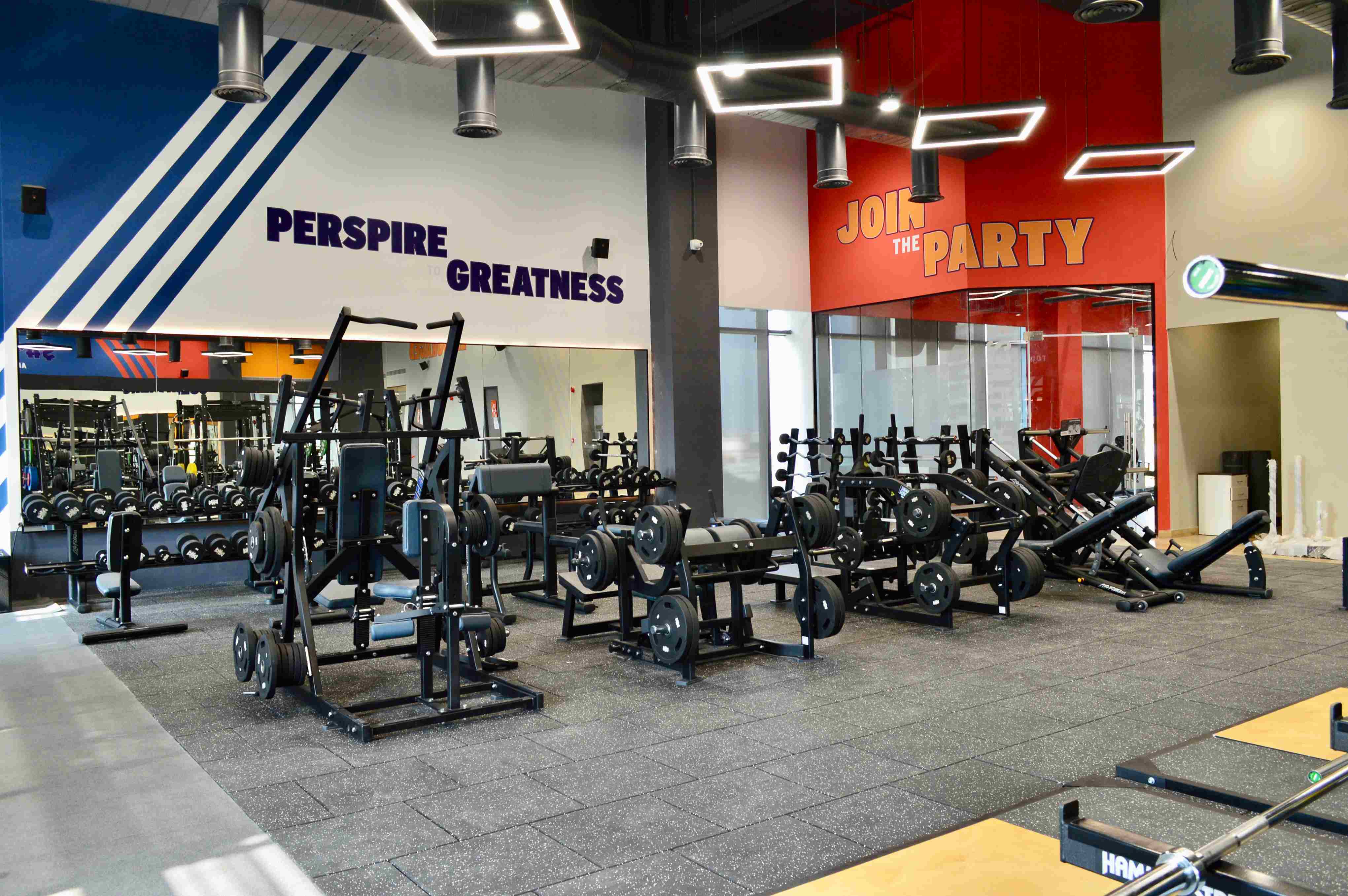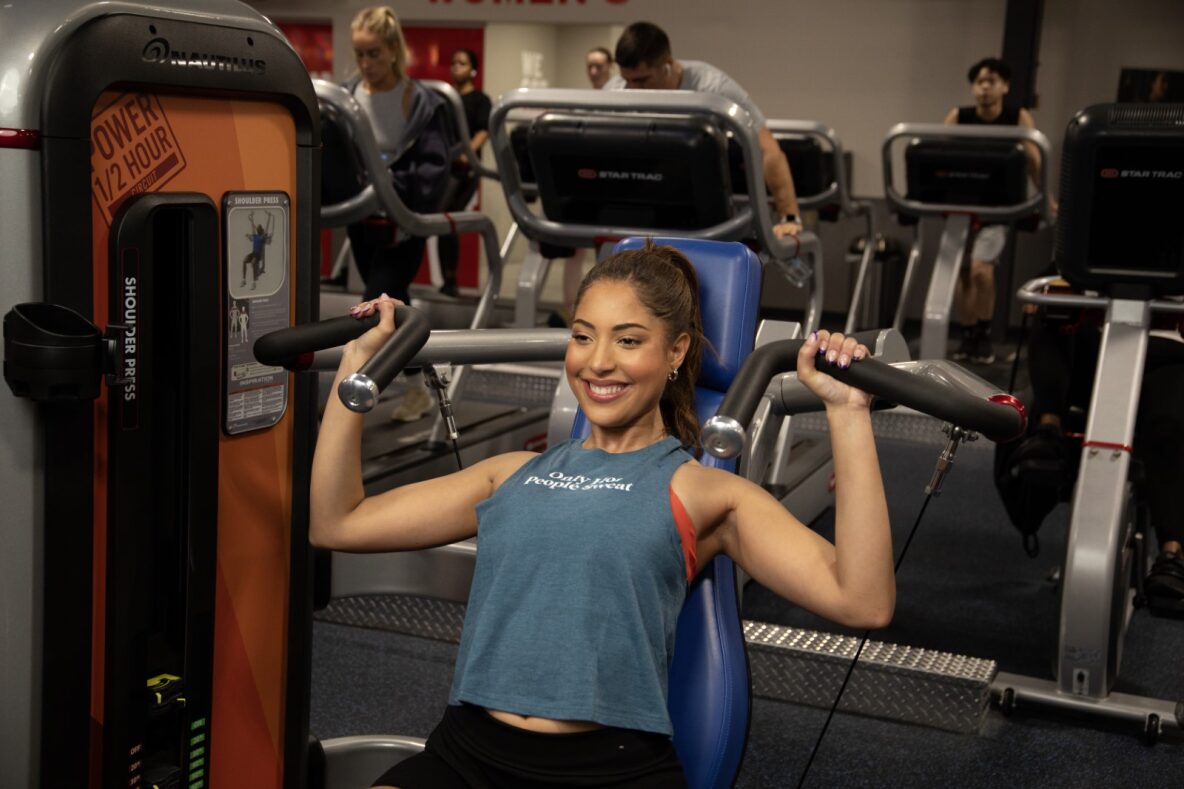- #No Judgments
Future of AI in Health, Fitness and Wellness
Health, fitness, and wellness industries are on the verge of a shift in paradigm, and the prime mover powering this change is Artificial Intelligence (AI). The era of general, one-size-fits-all recommendations is over.
We have come to the age of hyper-personalization, where the course of your health is as unique as your DNA. AI is not just a fad; it is the core technology that will mark our connection with health for years to come.
Let’s prepare to go on a journey to a smarter more proactive version of well-being.
Hyper-Personalization: Your Body, Your Algorithm
The central point in AI's strength is its capability to handle huge quantities of data and derive profound, usable insights. This ability is removing the traditional limits of wellness.
Tailored Training and Recovery
Working out with the help of AI is no longer all about the same old and the same old; it has become a flexible and customizable program that fits different users and evolves as a user progresses.
Real-Time Coaching
Similarly, a smart gadget such as an app can use computer vision and motion detection to study your movement at the same time, finding faults and giving you the correct treatment to avoid damage and getting saved performance quickly, equivalent to a personal trainer beside you.
Adaptive Intensity
AI gathers the information of what happened to you (I mean, the data of your wearables) together with your Heart Rate Variability (HRV), sleep quality, and recovery scores.
Then it changes the energy level or length of your next workout to tell you when to go but also, which is very important, when to relax.
Precision Nutrition
AI gets us beyond the mortality of just counting calories to produce personalized meal plans to be eaten by a particular person without losing quality or nutritional value.
Metabolic and Genetic Alignment
The trend of the future in nutrition consists of fusing the dietary log with the science of metabolism, bacteria in the intestines, and even the genetics of a person.
Intelligent Meal Planning
The output is one’s food delivered according to not only needs and allergies but also optimized for one’s particular body chemistry so as to provide one with more energy and absorption of nutrients.
Visual Calorie Tracking
Snap a picture of your meal and feed it to AI. It will figure out the calories, macronutrients, etc., in it, without you having to figure it out yourself, especially if you find it complicated to do so.
Healthier Grocery Purchases
Algorithms will create shopping lists considering the workout goals you set for the week, your budget, and your taste preferences. Besides, these systems will probably be directly connected to grocery delivery apps, thus the proper fuel will be delivered to your doorstep without your having to make a trip to the supermarket.
The Wellness Environment: Immersive and Seamless
The wellness of the future will generally be so interconnected with our everyday settings that making healthy decisions will be the easiest and quickest option.
Smart Home Gyms and Virtual Reality
Smart mirrors and AI-powered home gym appliances become your virtual trainers who in real time using cameras and advanced computer vision technology will fix your exercise.
Off the screen Virtual and Augmented Reality (VR/AR) will bring the users into the gamified fitness world where the competitiveness of the monotonous workout becomes an engaging, competitive adventure.
Ambient Wellness
Human intelligence will have no place and AI will be in charge of everything. Think of an intelligent home system that:
Optimizes Sleep
Changes mattress temperature and bedroom lighting according to the real-time sleep stage for restful sleep.
Promotes Breaks
Delivers tailored suggestions on standing up, stretching, or a moment call for mindfulness at the time of detecting a pattern for inactivity or high stress from work.
Mental Wellness and Recovery: The Invisible Pillar
Being fit is only half a matter of the body; the other half is the mind. AI is actually doing the last step by recovery, which had always been the invisible part, with equal seriousness to the workout itself.
Stress-Responsive Meditation
Apps will utilize on-the-spot biometric data (such as pulse and skin temperature) to create meditation sessions.
If you are extremely upset, the application may accompany you in a "physiological sigh" breathing protocol. If you are dull, it might recommend ‘Breath of Fire’ to invigorate you.
Mood Journaling Advanced
Instead of merely typing "I feel tired," you will talk to an NLP (Natural Language Processing) bot.
The bot will consider your intonation and vocabulary to pinpoint that you are burnt out or lack motivation and therefore, it will give you specific advice or kindle a lighter activity such as a walk in the woods.
Read Our Article: How Strength Training Improves Mental Health And Confidence
The Risk Behind AI
Third-Party Sharing
In many cases, companies might have a business model that revolves around selling "anonymized" health data to the likes of insurers, advertisers, or pharmaceutical companies, which in turn would be a source of concern for discriminatory practices.
Breach Risk
Users should always opt for platforms with privacy policies that are clear and with solid encryption strategies.
Unrepresentative Data
If an AI model is primarily trained on data that originates from a specific section of the population (say, one race, one gender, or one educational background), the model is, therefore, not able to offer accurate medical diagnoses or the most appropriate fitness recommendations to the other segments of the population.
Perpetuating Inequity
This sort of bias can result in the machine being used to reproduce and increase the differences in health that already exist between the various social groups without making these differences visible, thus making it difficult to fix easily and fast for the whole population.
Lack of Transparency
The method of their decision-making—how the AI got to a certain diagnosis or a customized plan—is very complicated and usually not clear, not even for the developers.
Trust and Liability
The absence of this transparency that highlights the issues of bias identification and remediation questions the liabilities when an AI system fails, and it also puts the patient in a position where they are not able to comprehend their treatment.
Conclusion
An AI-powered wellness future might be very appealing but it does come with its own set of problems. The utmost issues are those of data and security because the information collected is extremely personal. The corporations along with the users should approach these new technologies with openness and moral care.
On top of that, AI should be considered a helper not a competitor. The human aspect—the understanding of a psychologist, the energetic motivation of a trainer, the diagnostic experience of a doctor—is still there and cannot be substituted.
The AI future in health, fitness, and wellness isn't about the technology that controls everything but rather technology that supports us with the knowledge and tools to live the healthiest and most personalized lives possible.
Frequently Asked Questions (FAQs)
Q1. Can I make a fitness plan with AI?
Sure, AI can design a very unique and customizable exercise and recuperation plan that matches your real-time workout and biometric data.
Q2. Can AI tell me how to improve my lifestyle?
Of course, by looking at your sleep, nutrition, and activity data, AI gives specific and measurable recommendations to make you healthier overall.
Q3. Will AI completely replace human personal trainers?
AI will probably be a "super-tool" that coaches can use, as it will take care of the data analysis, but humans will still be needed for empathy and motivation.
Q4. Do I need special equipment to start using AI for fitness?
Not necessarily; with just a smartphone or a smartwatch you can get advanced form correction and heart rate analysis.
Q5. Can AI really prevent injuries?
Surely, by keeping an eye on your fatigue and biomechanics, AI will be able to warn you that you need to stop before overtraining or if your form is getting compromised.
Explore More Articles
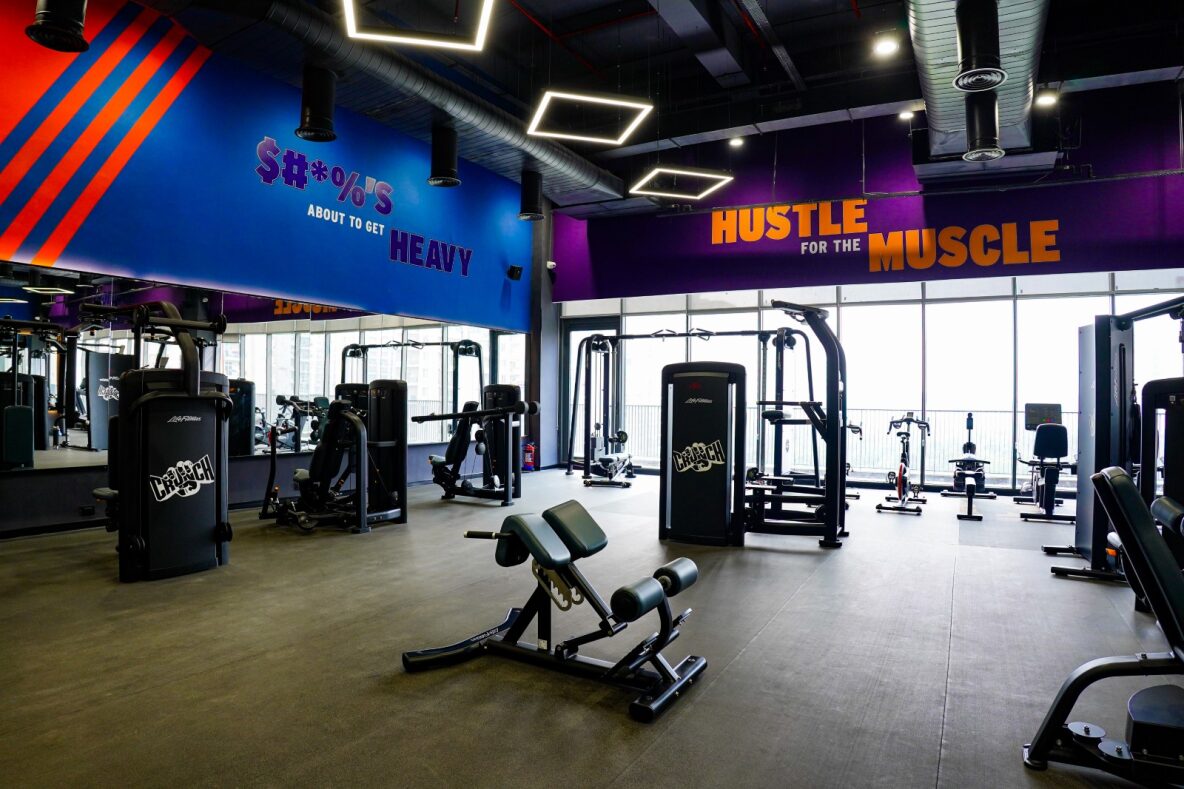
<... Read More
CLOSEST CLUB
Your Local Crunch Noida
SEE OUR MEMBERSHIP OPTIONS

